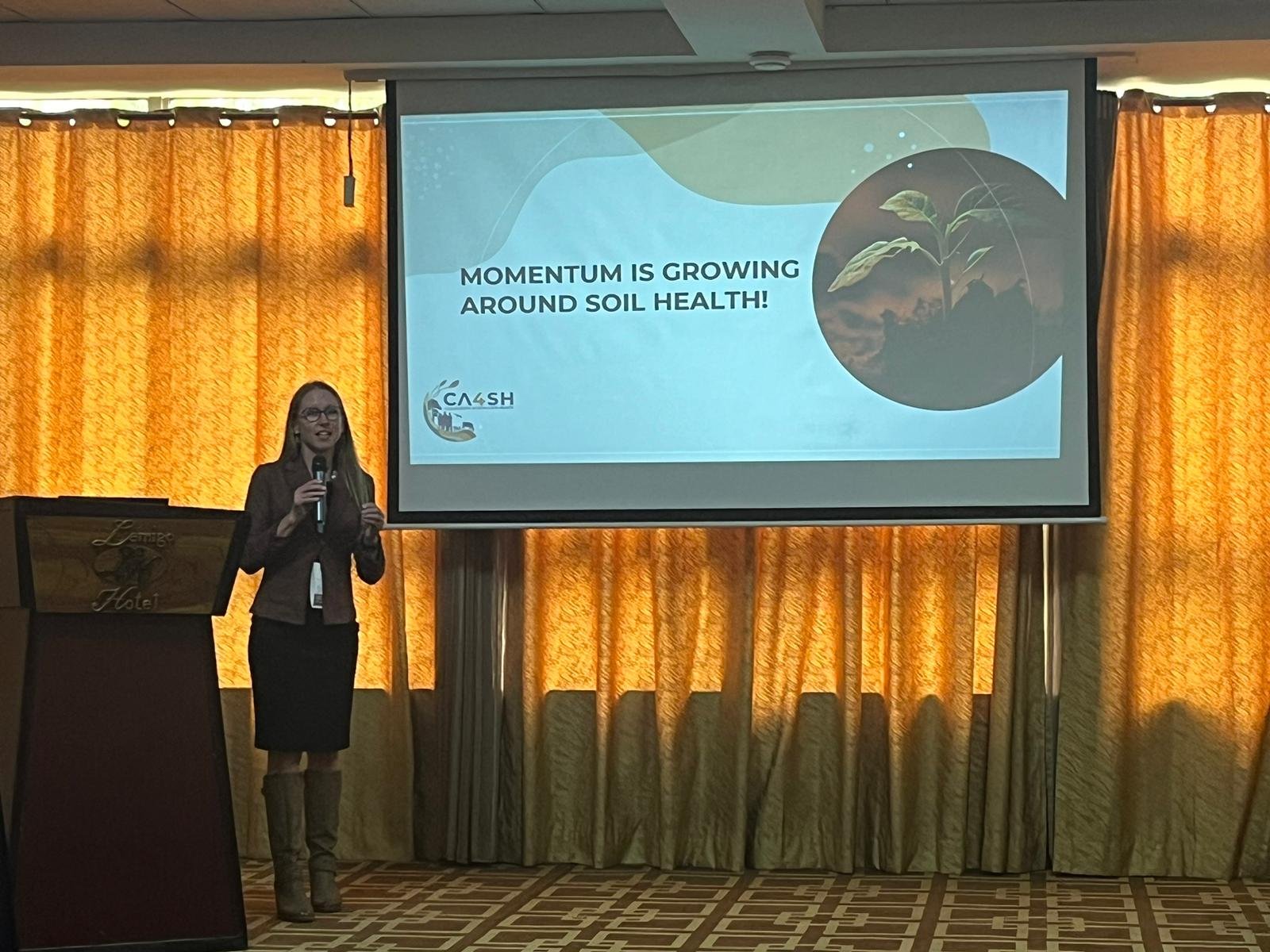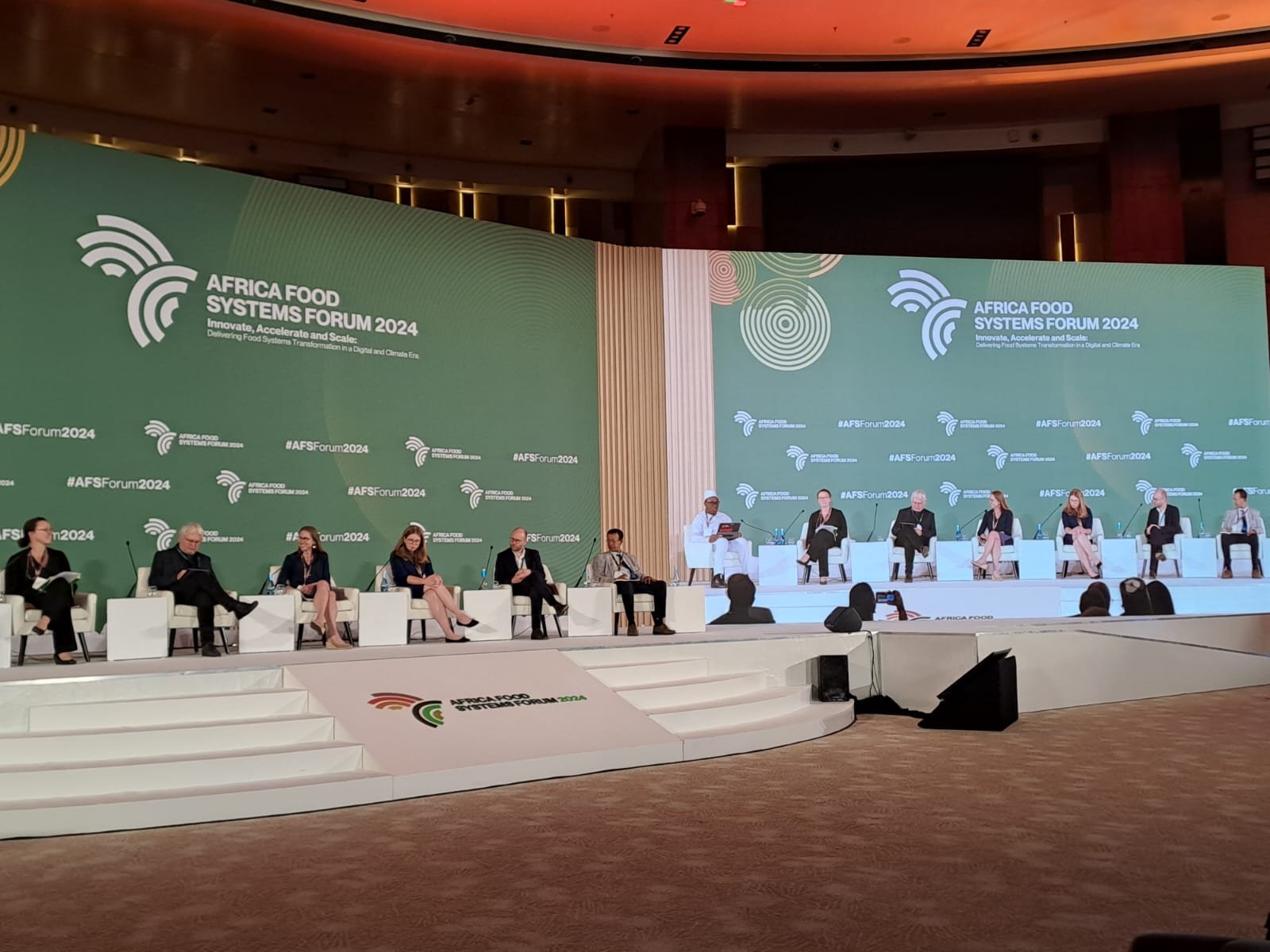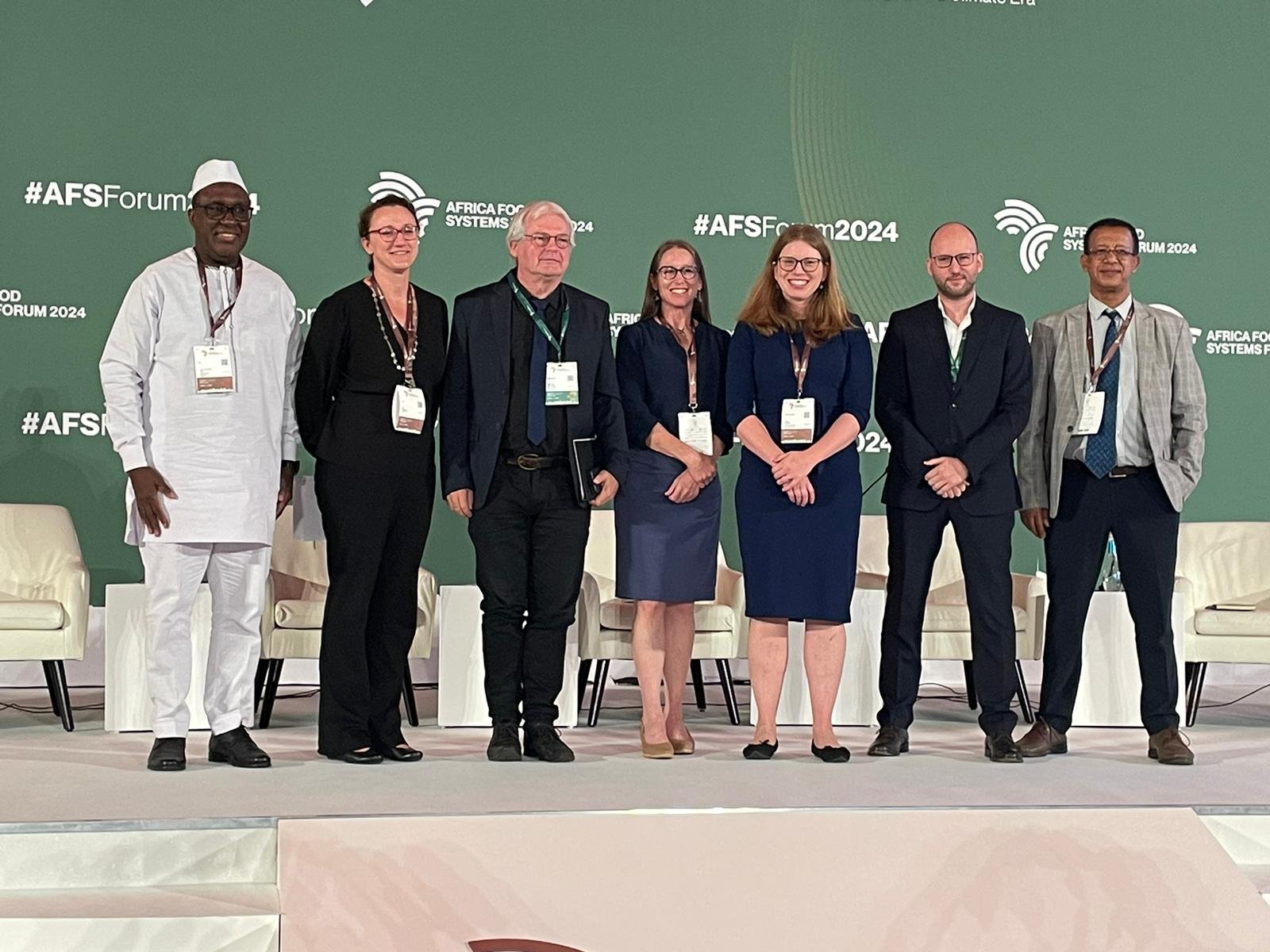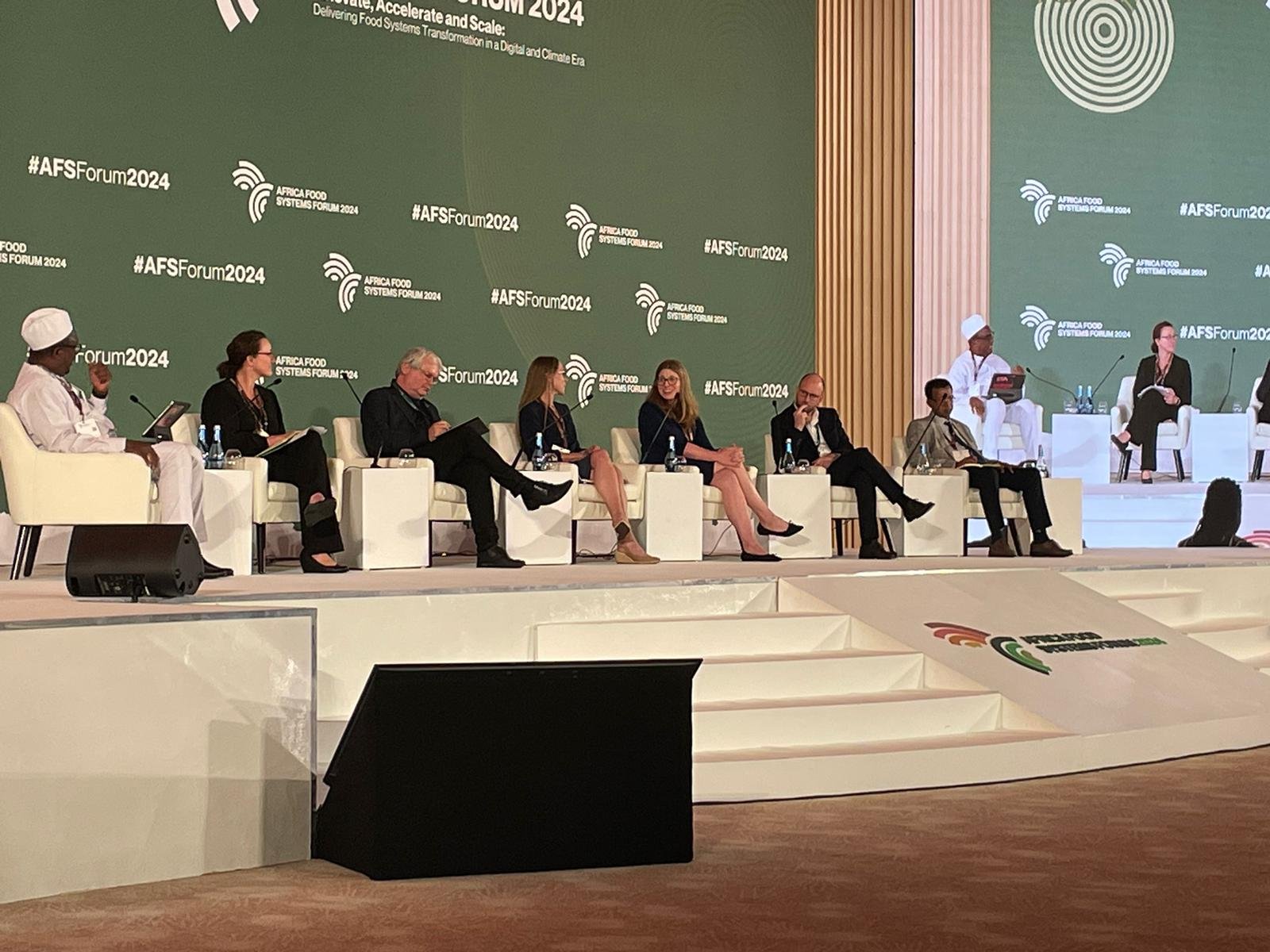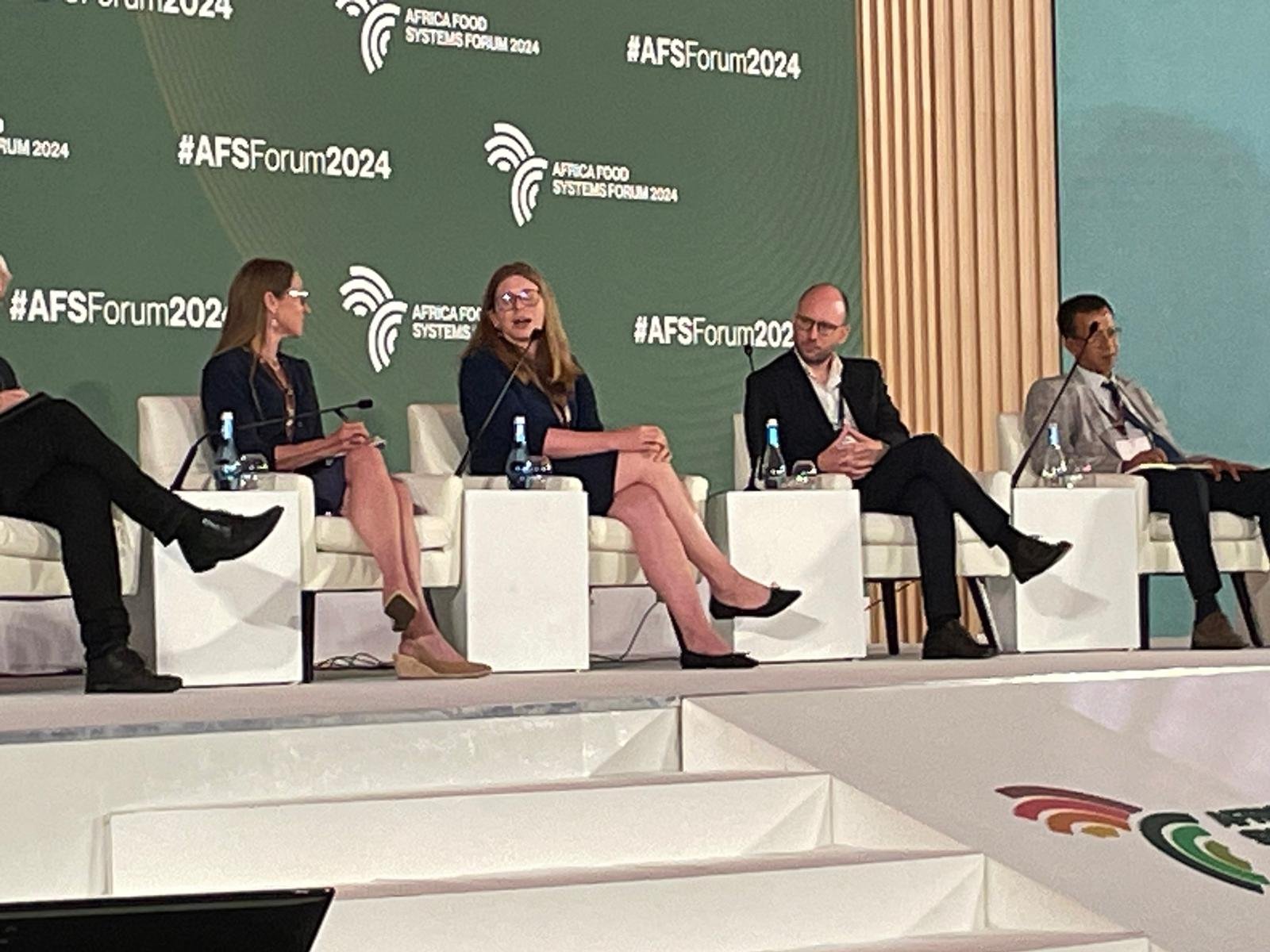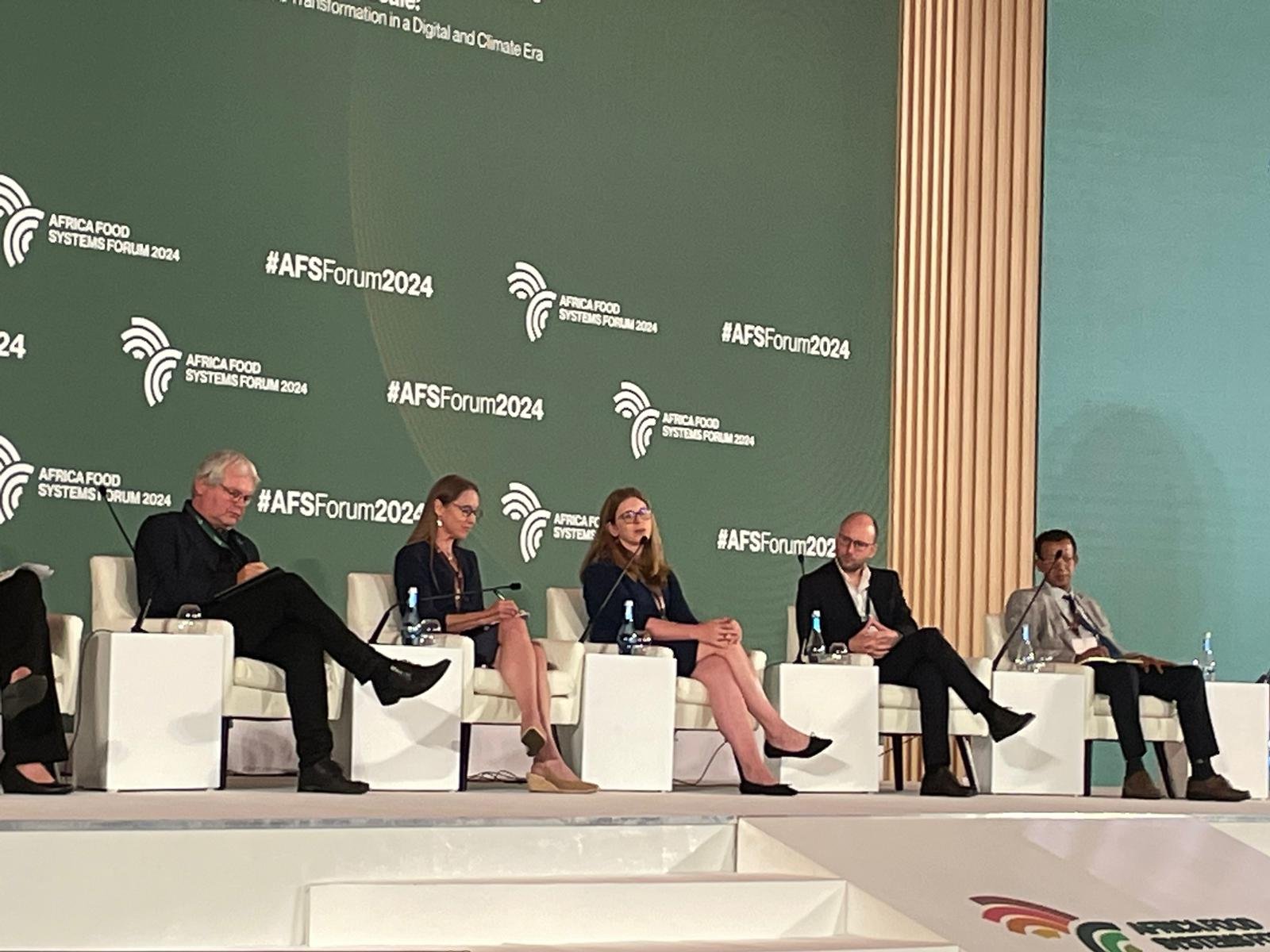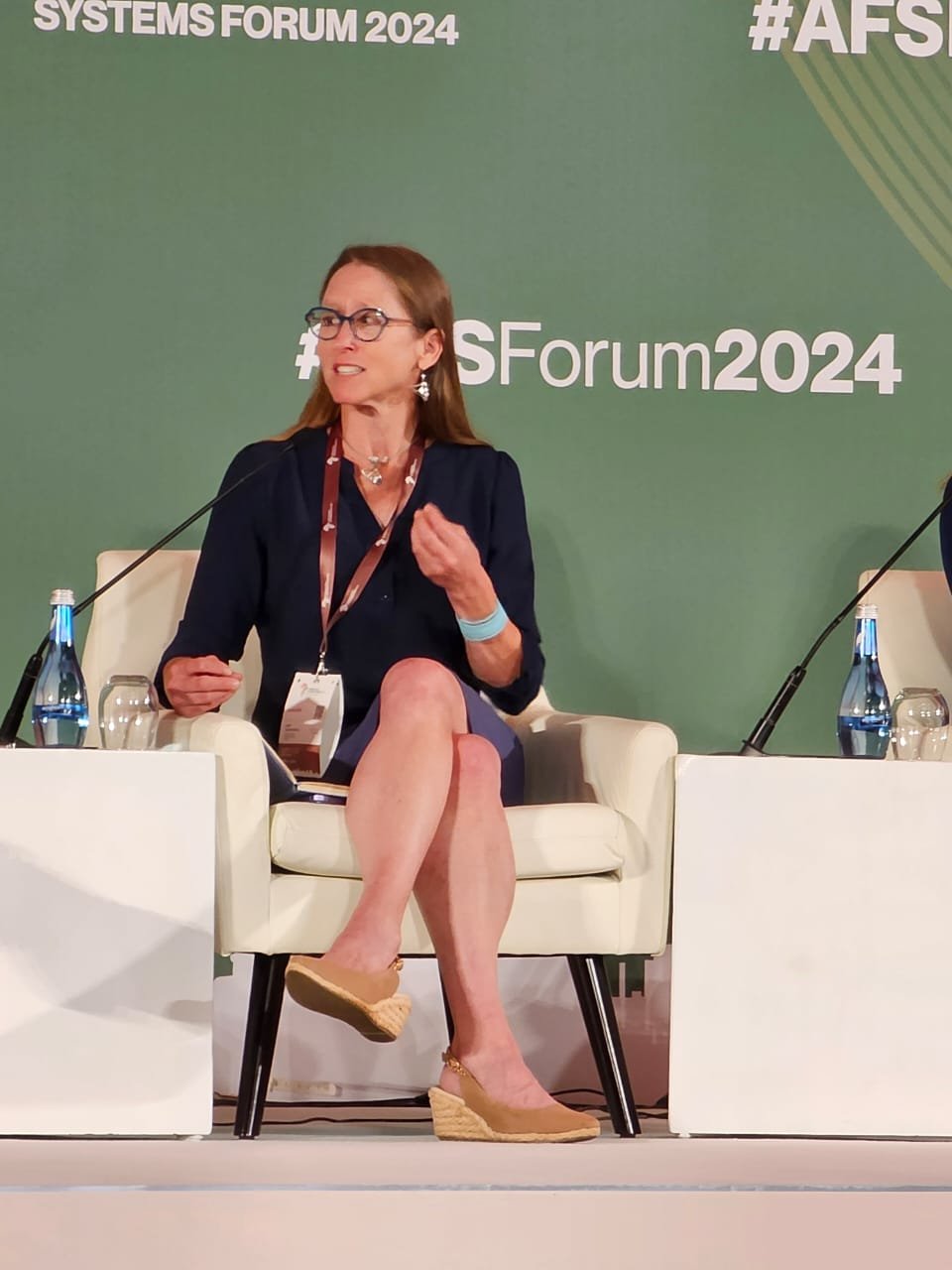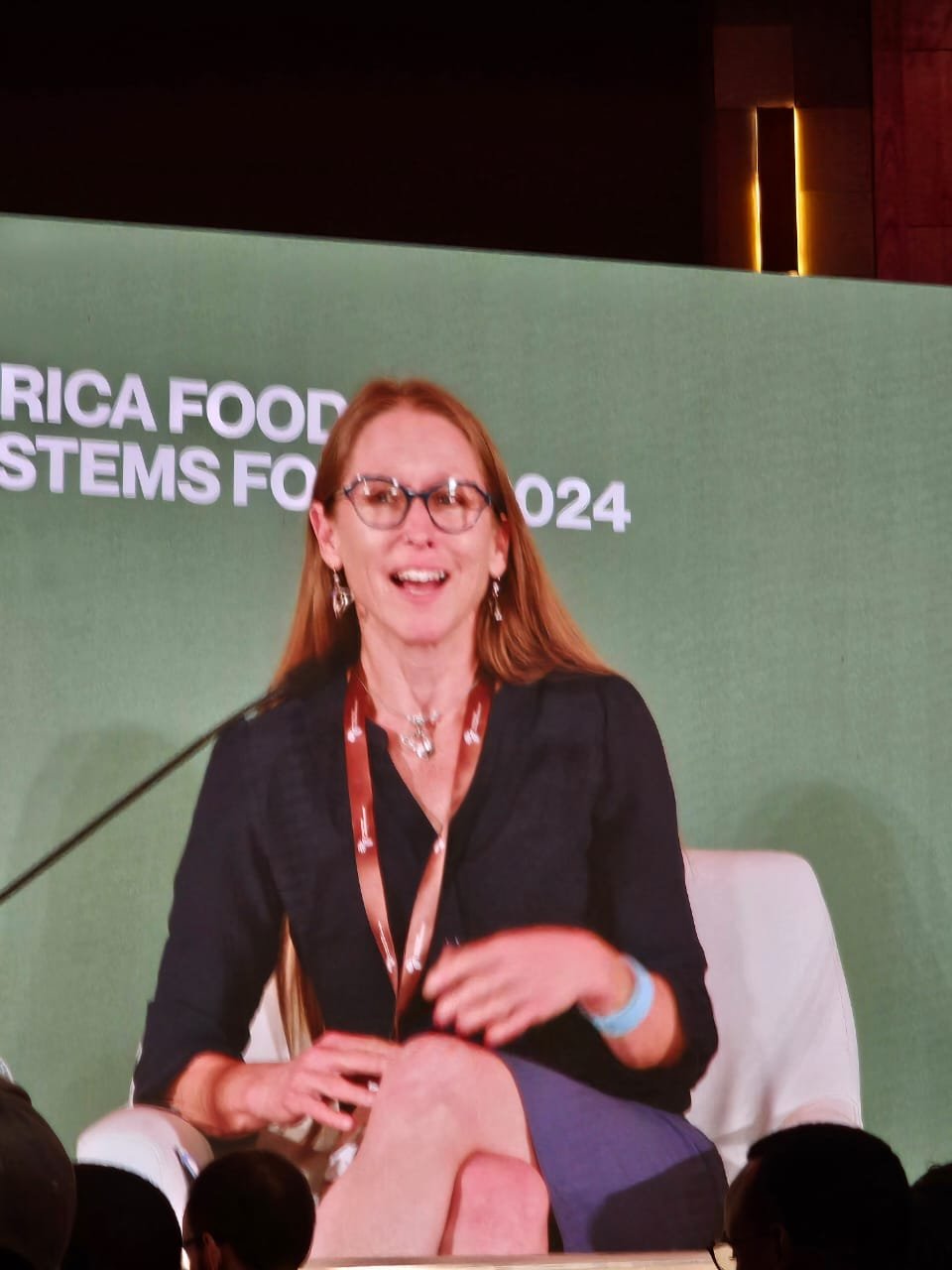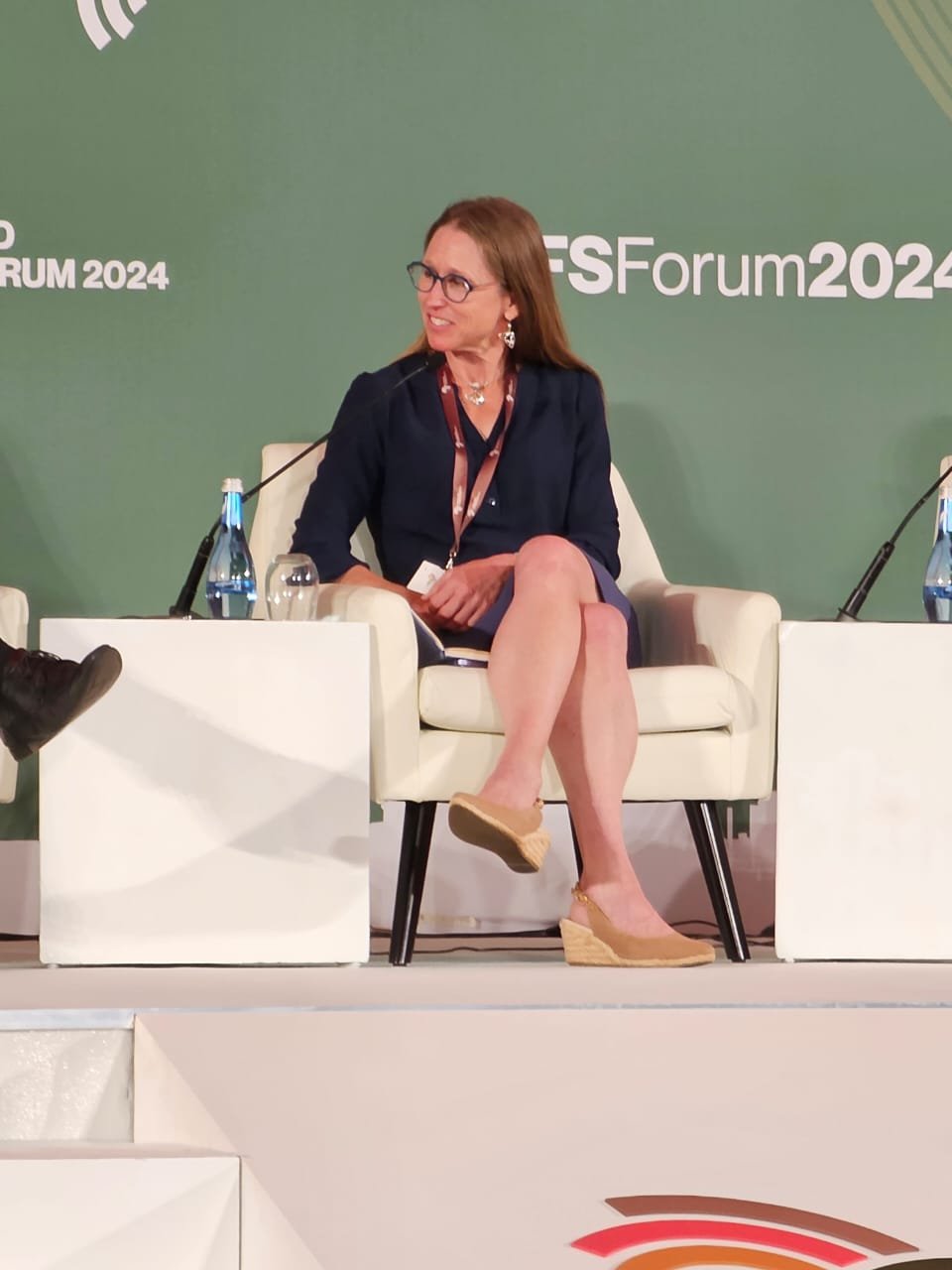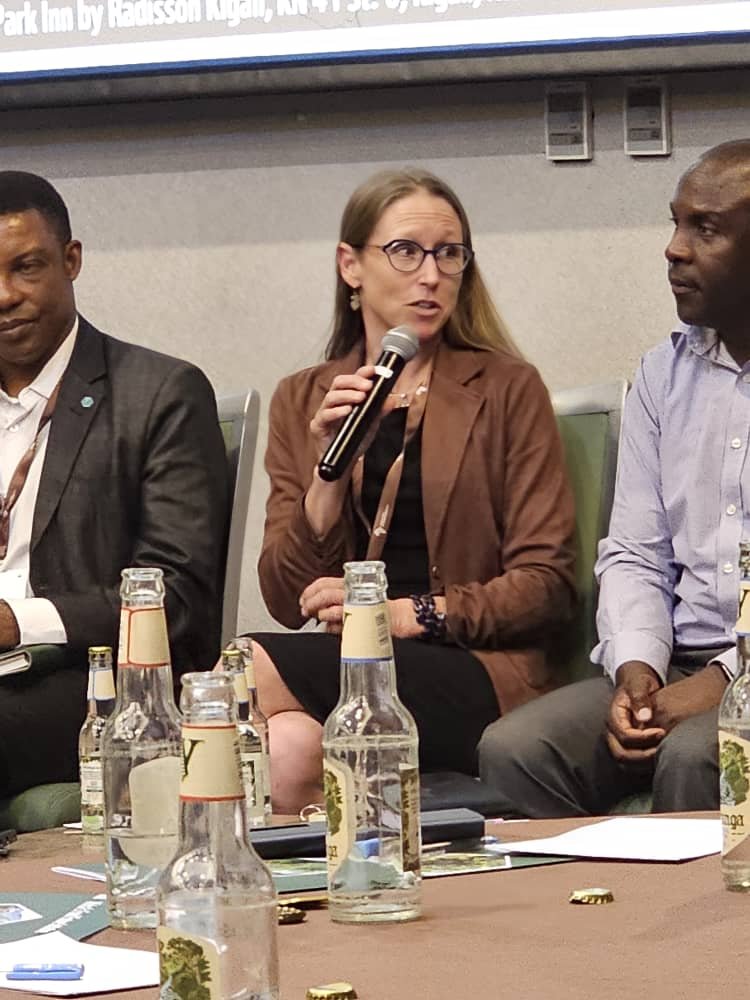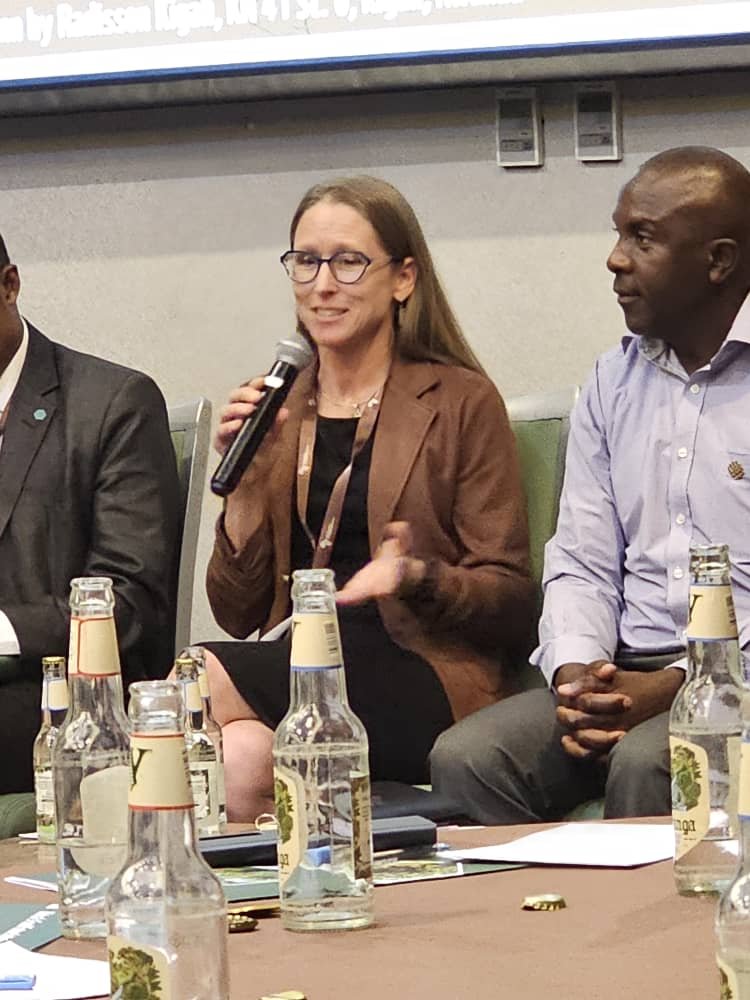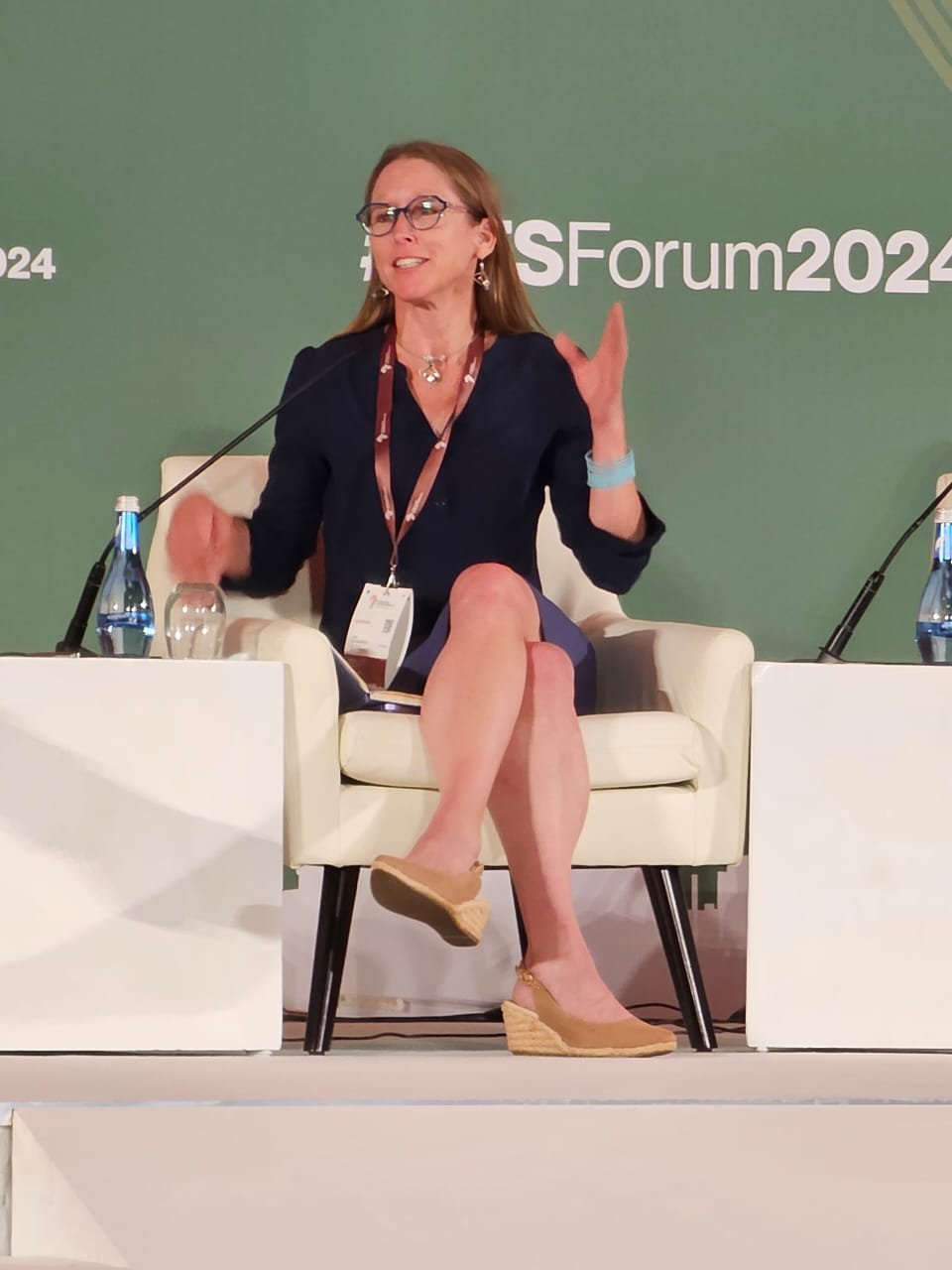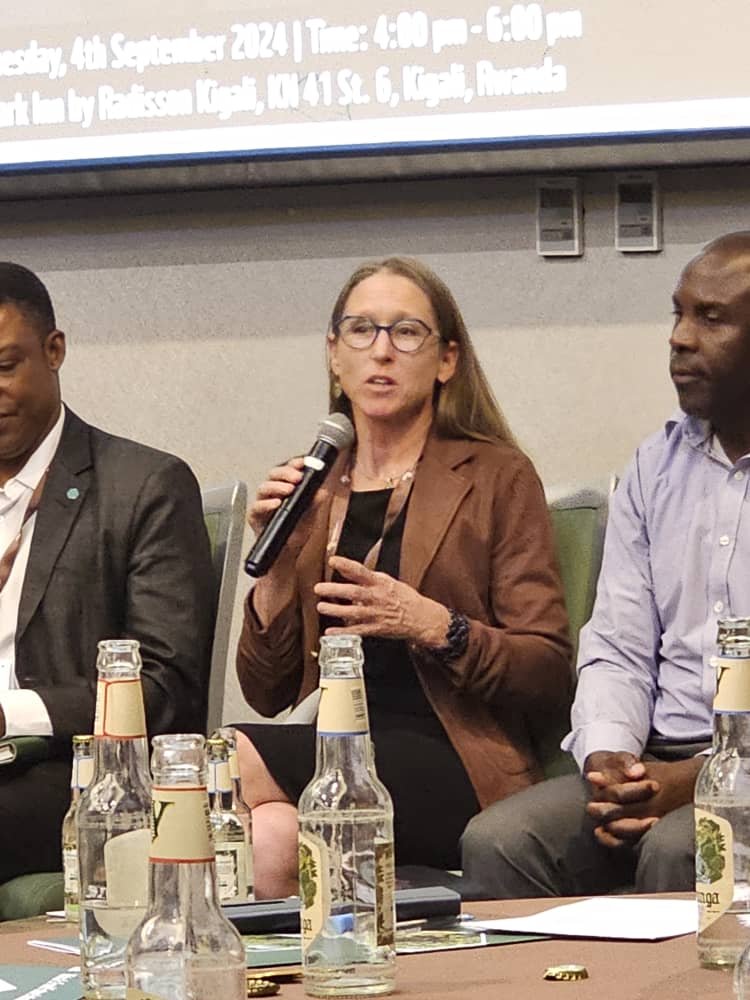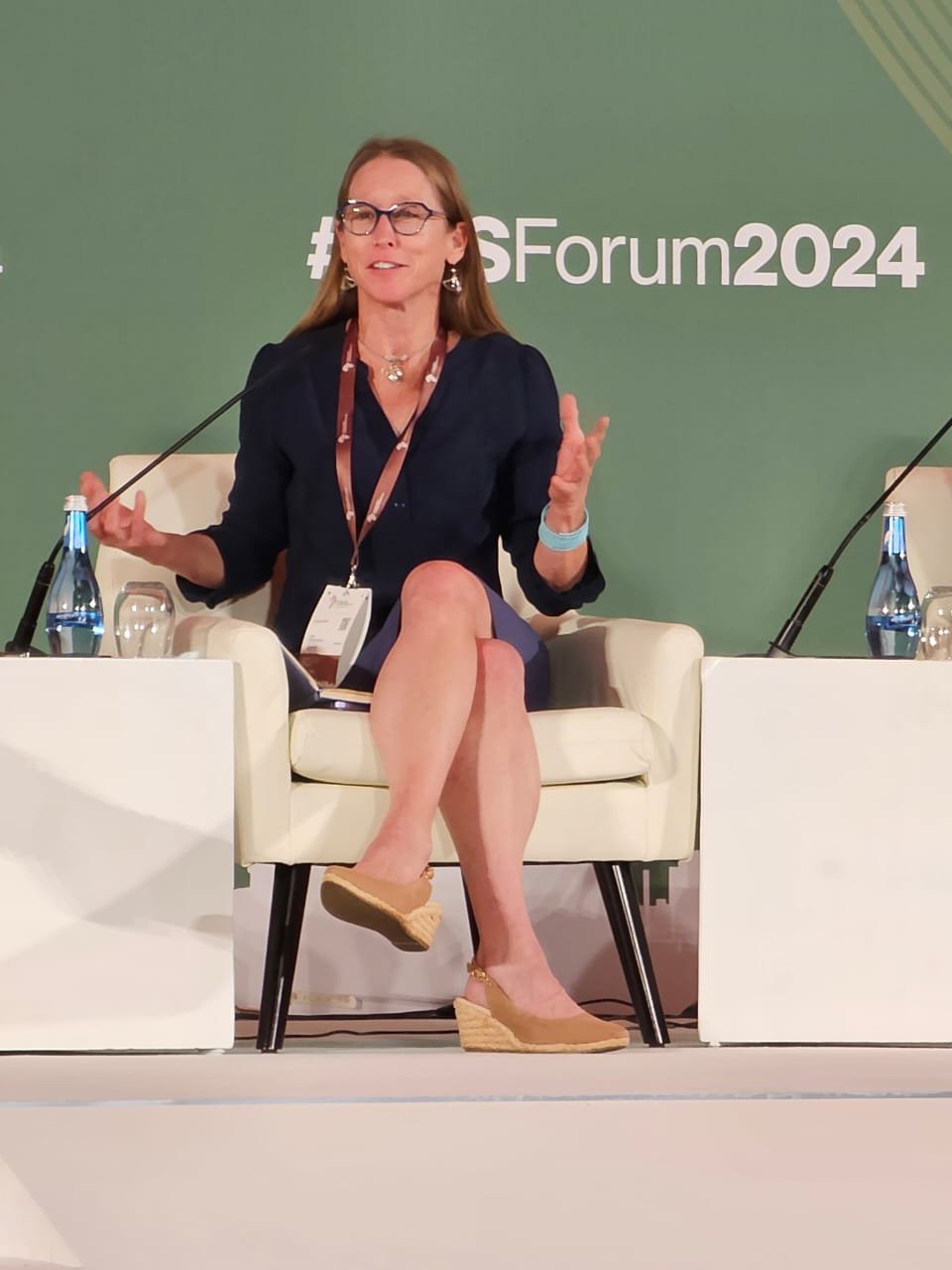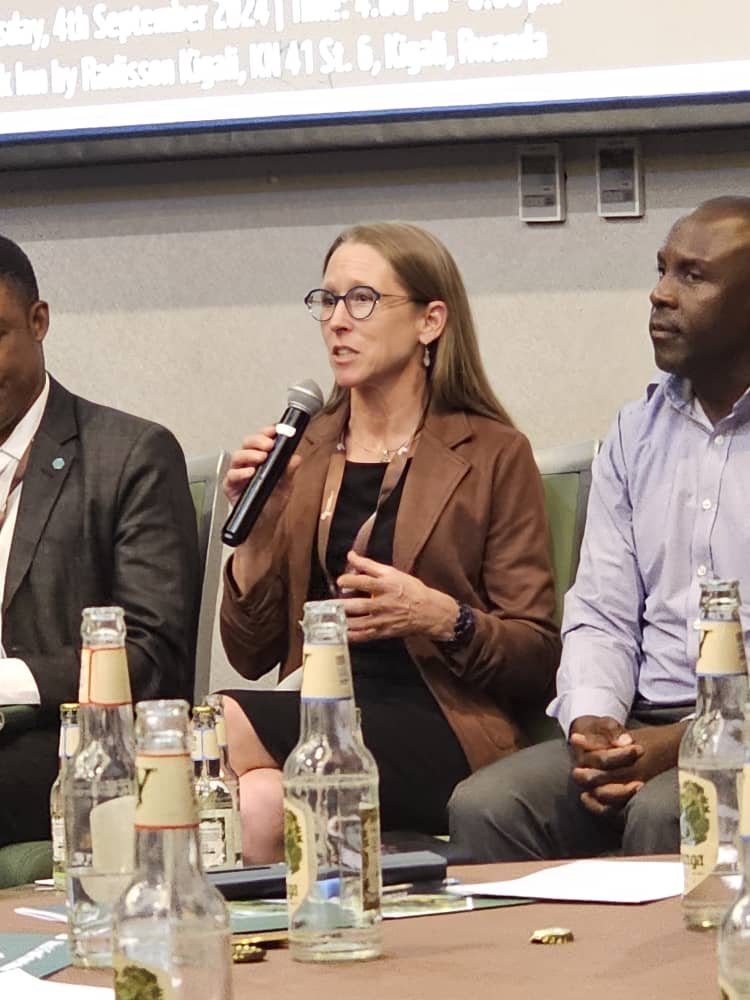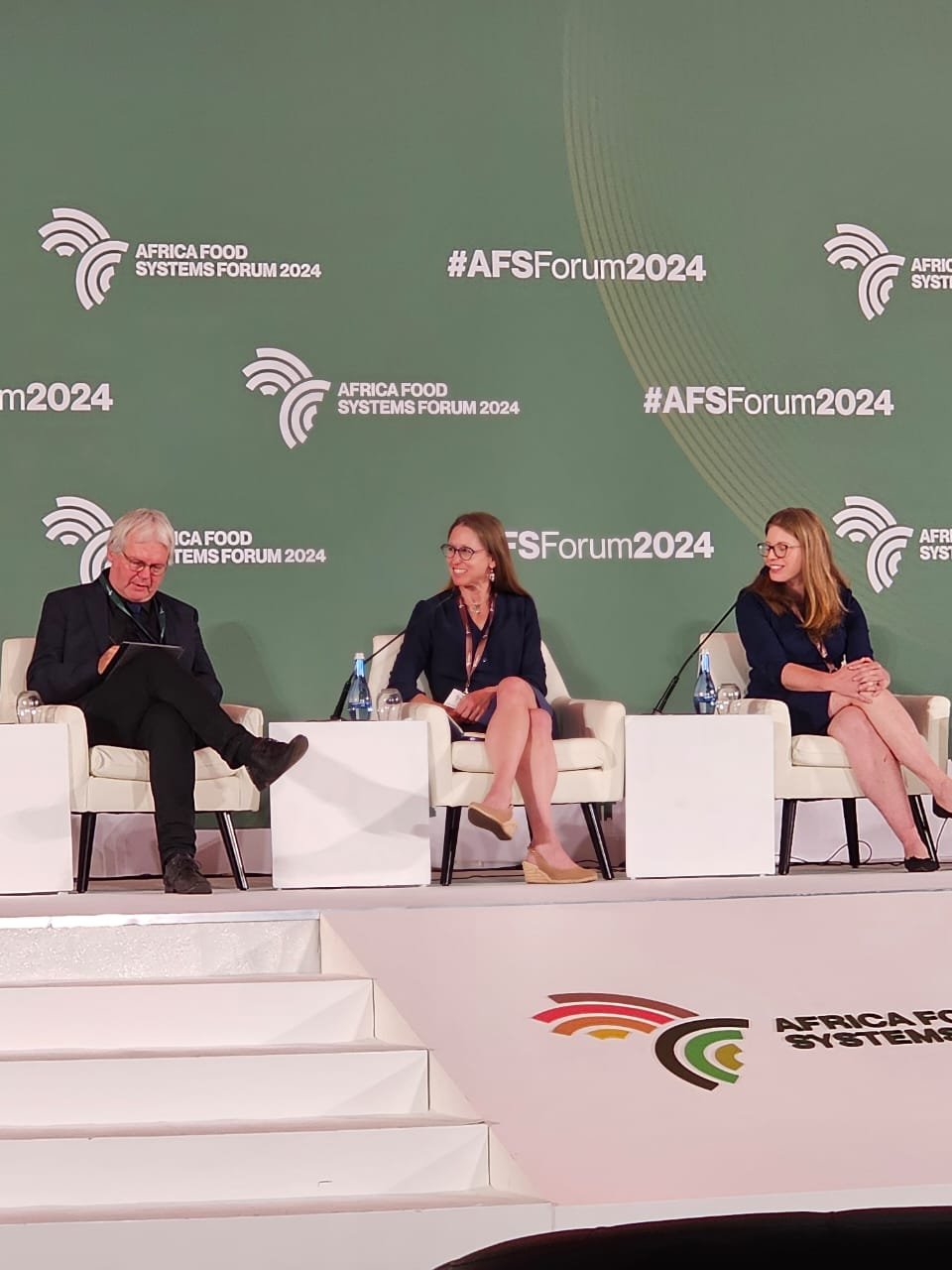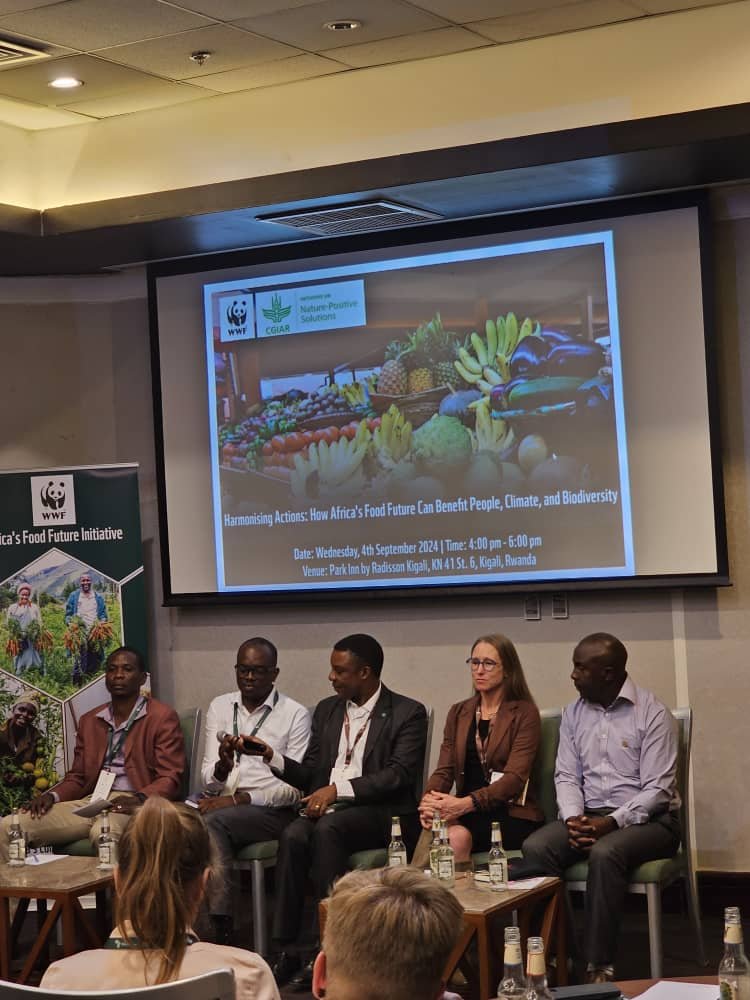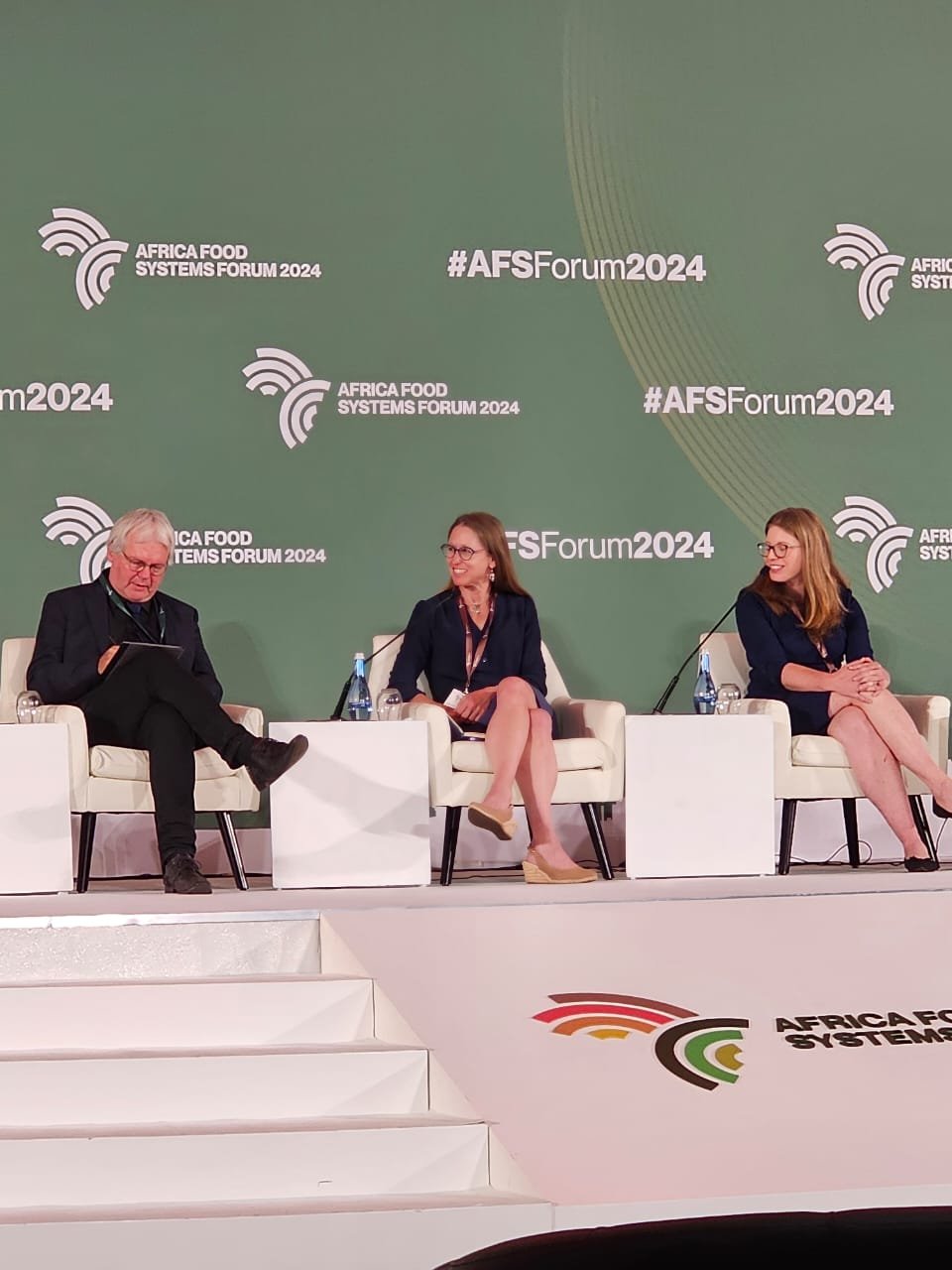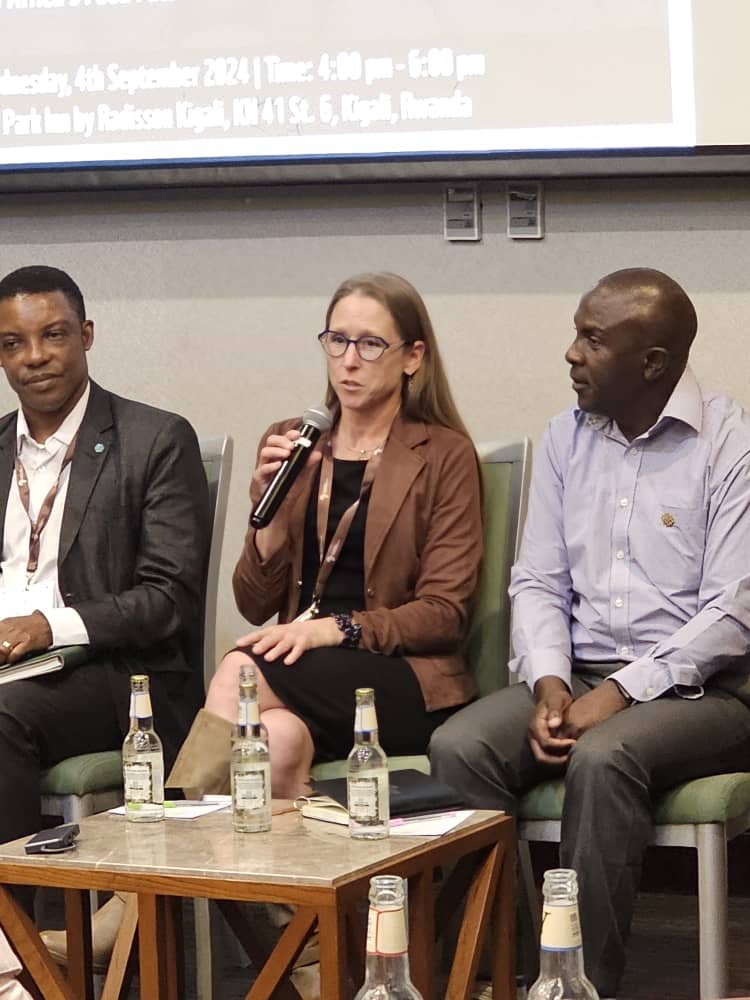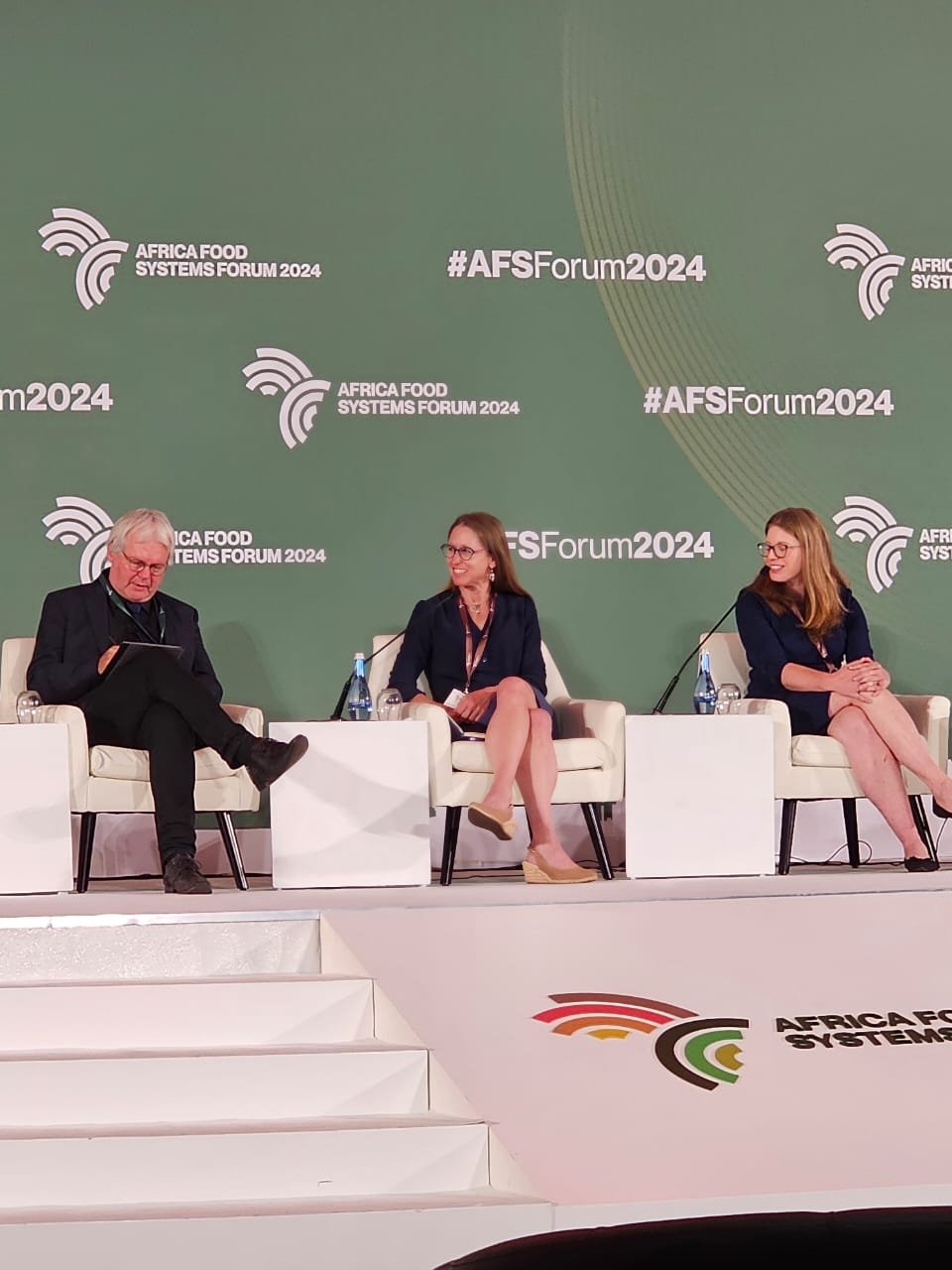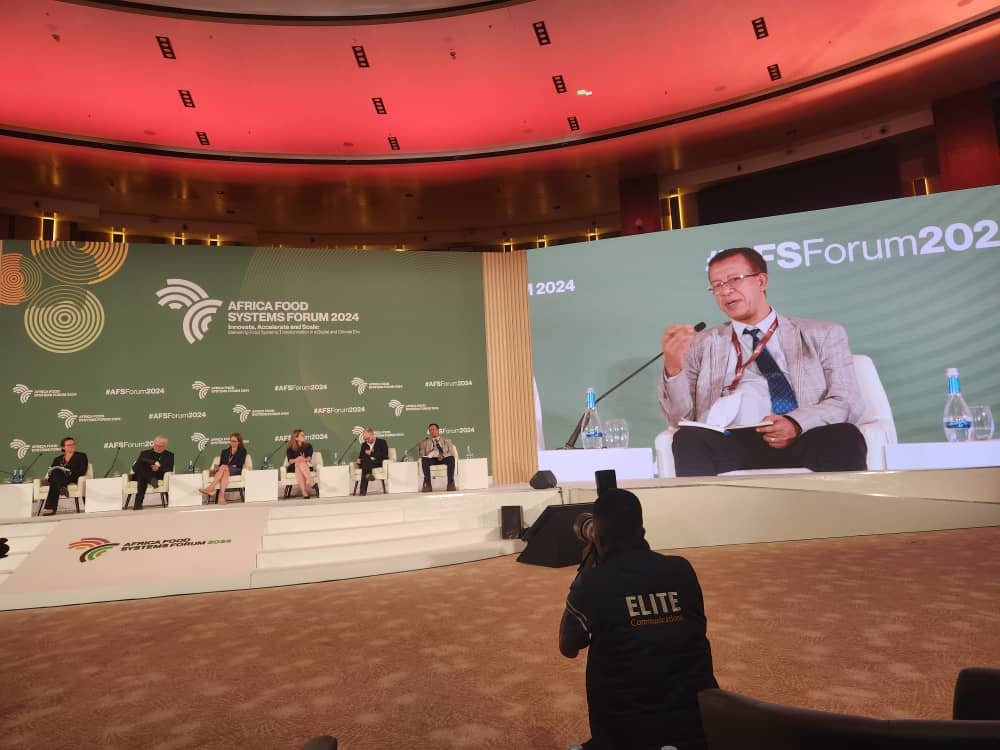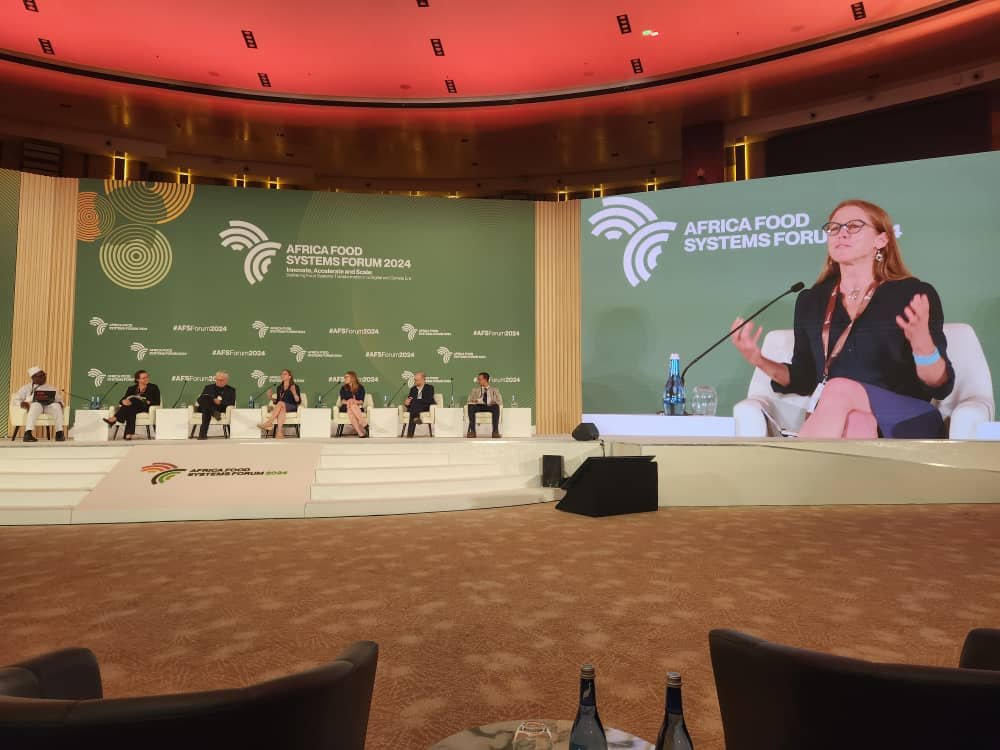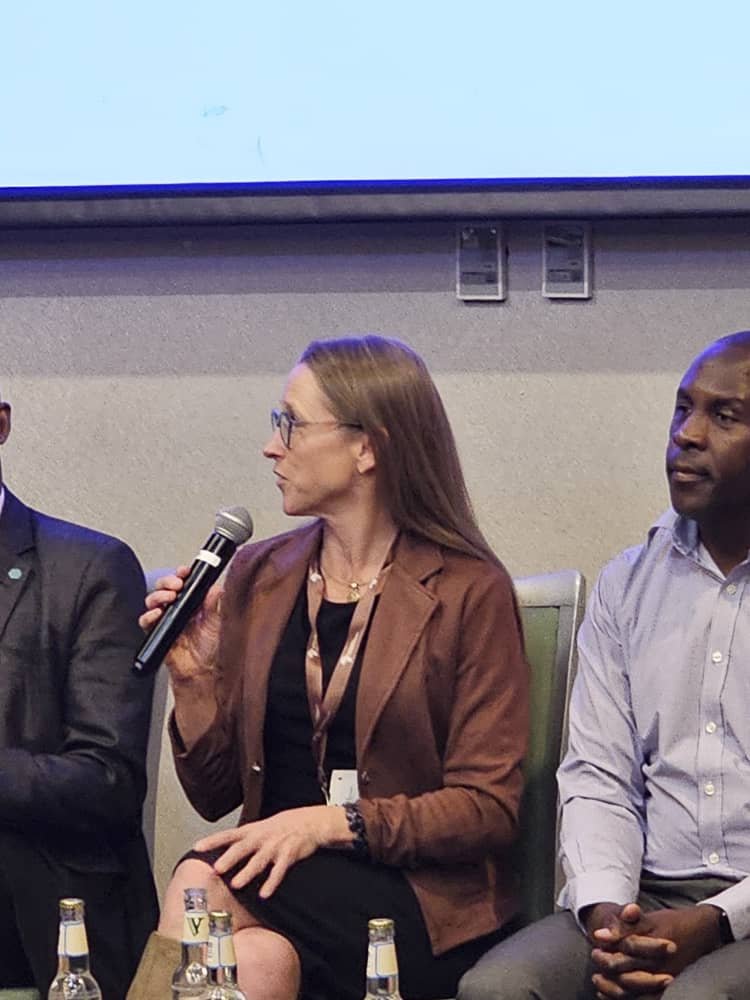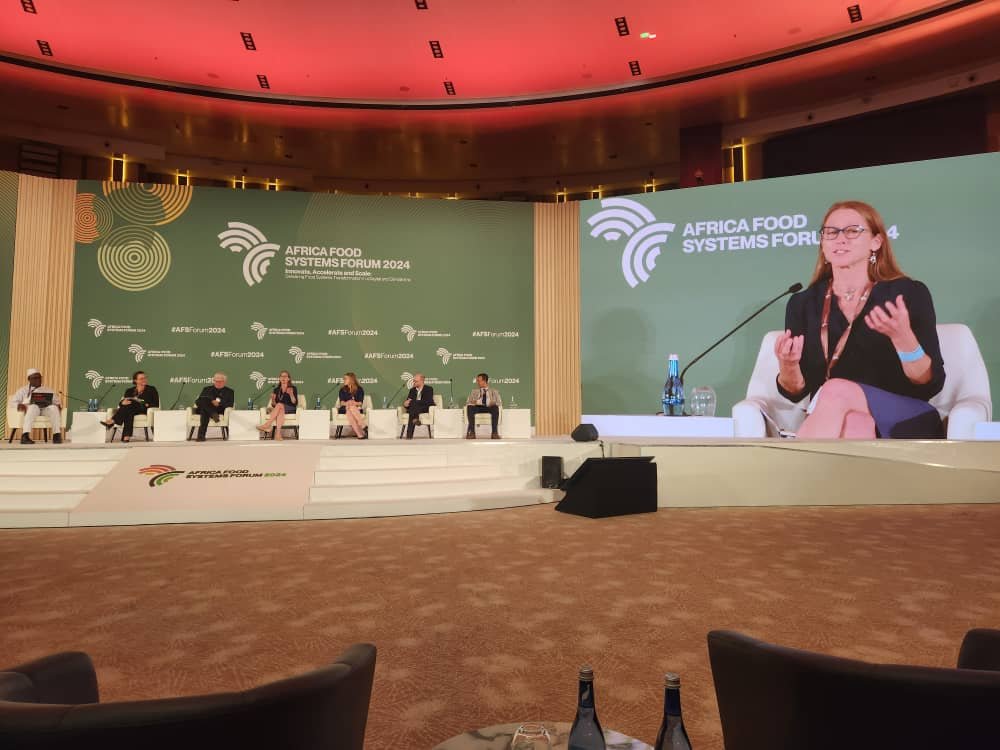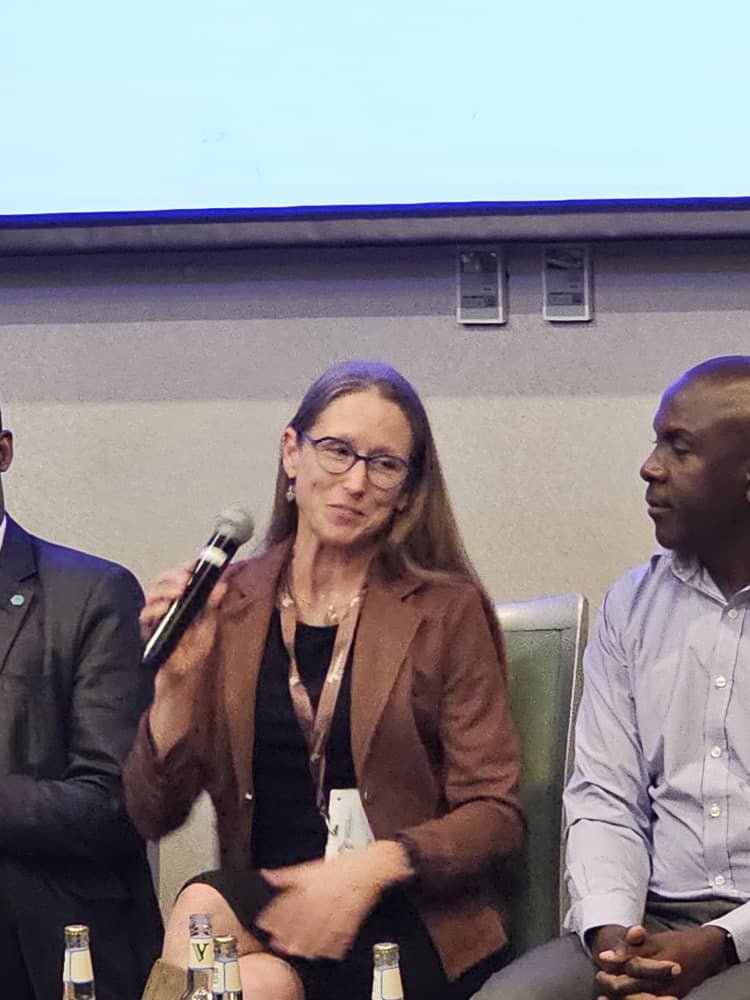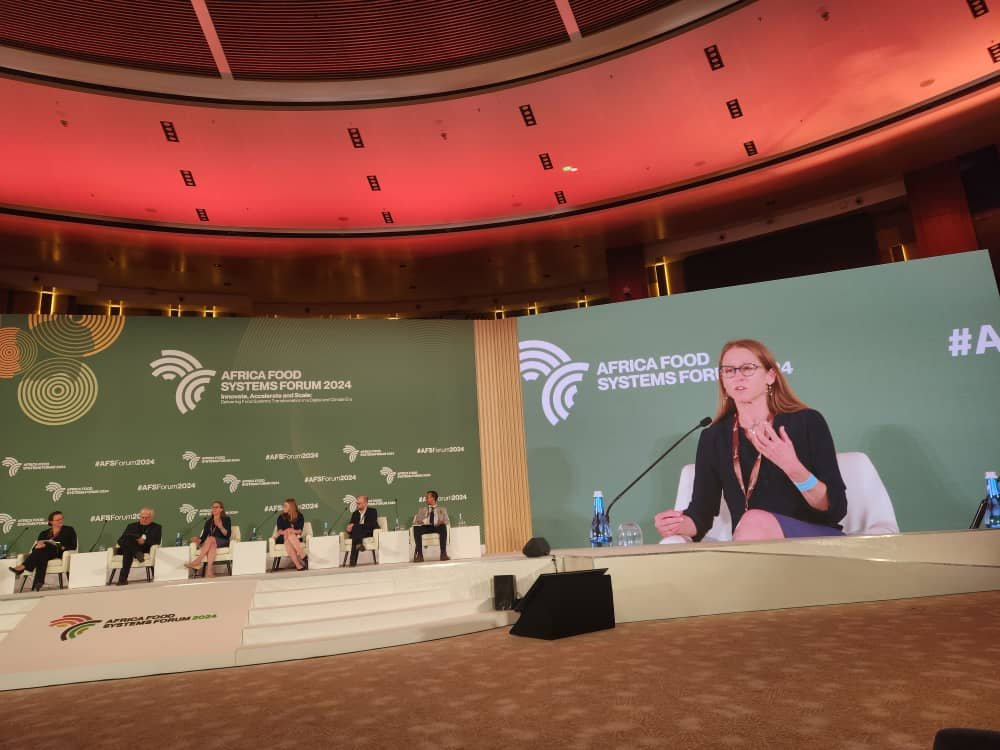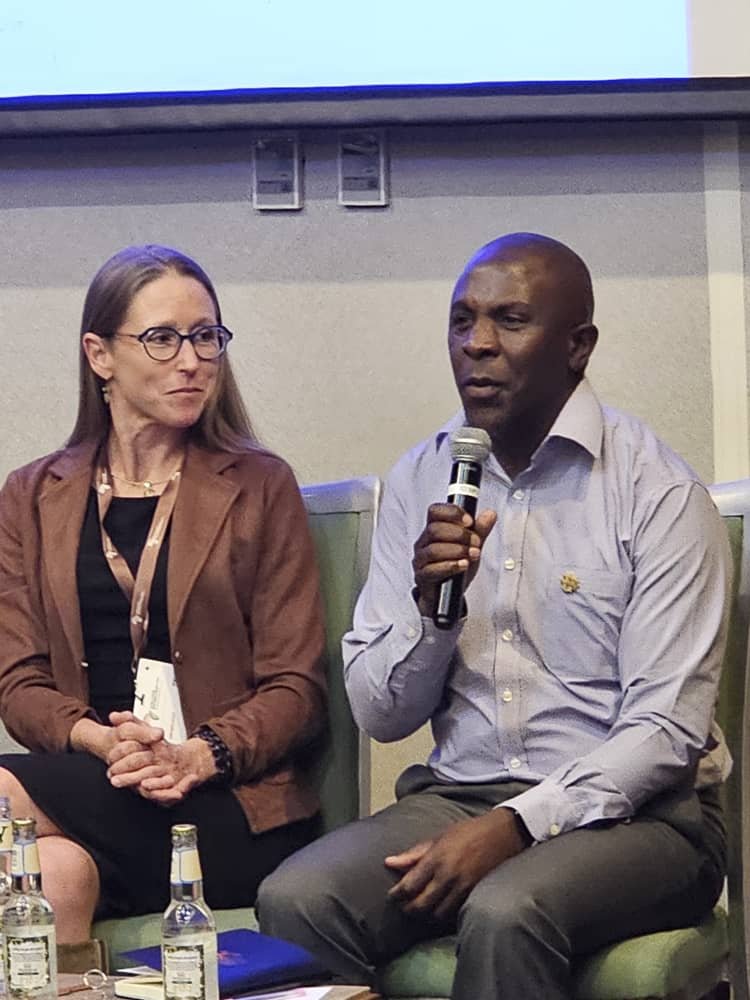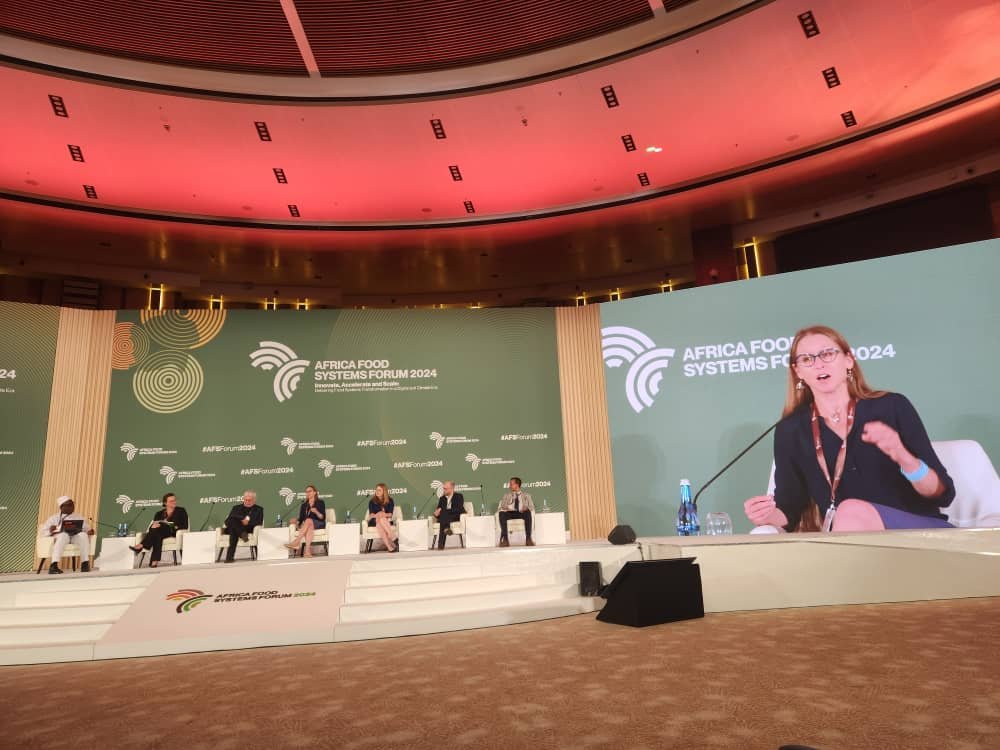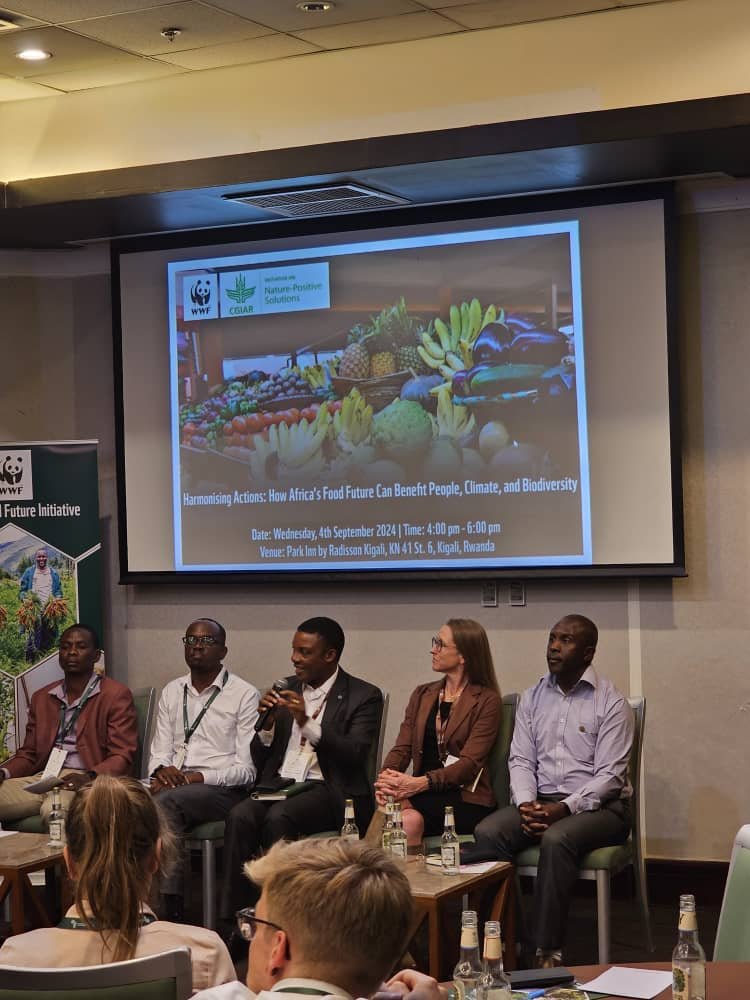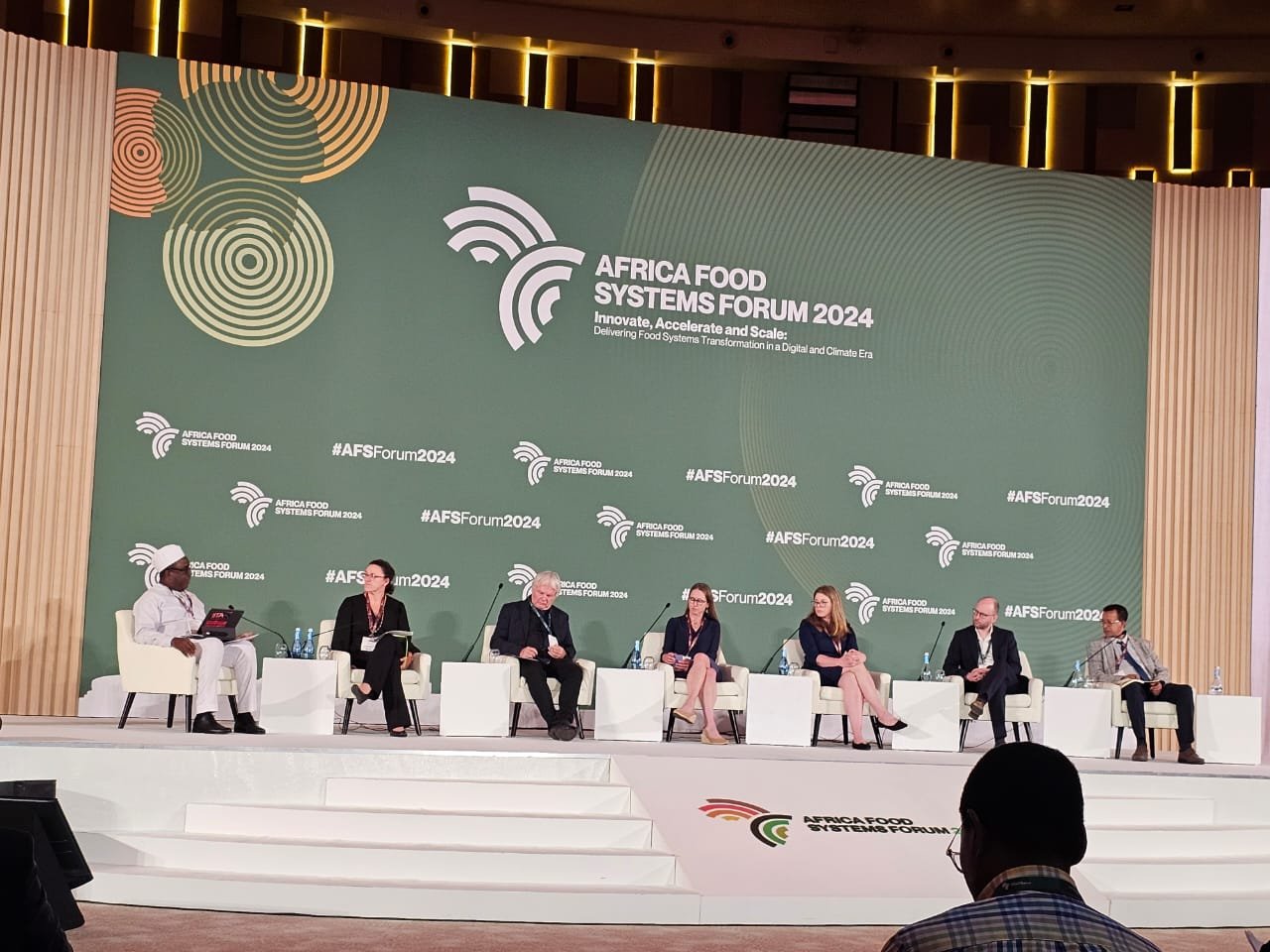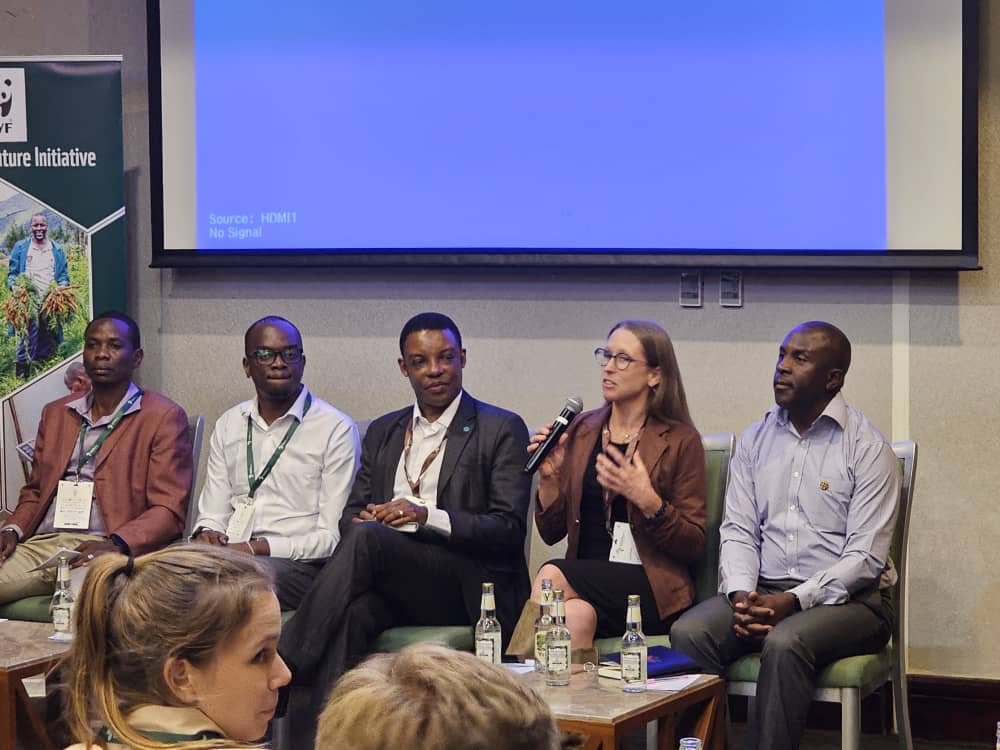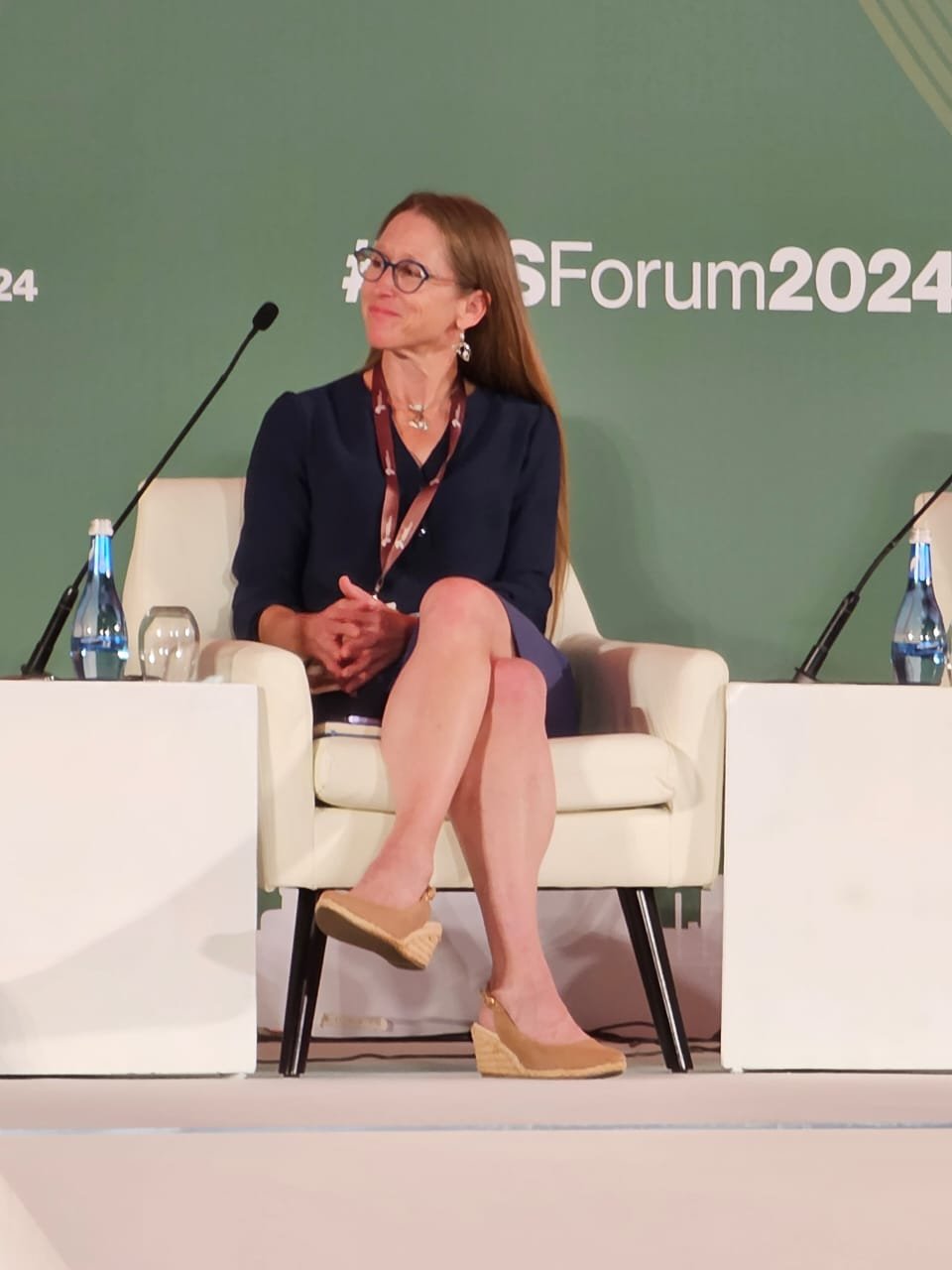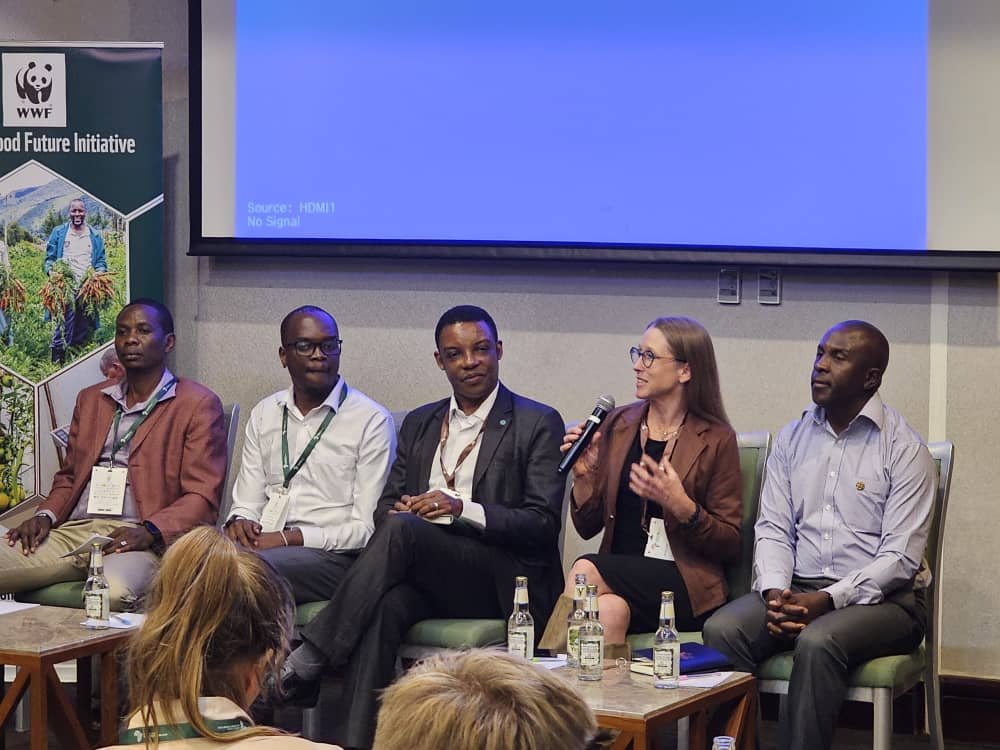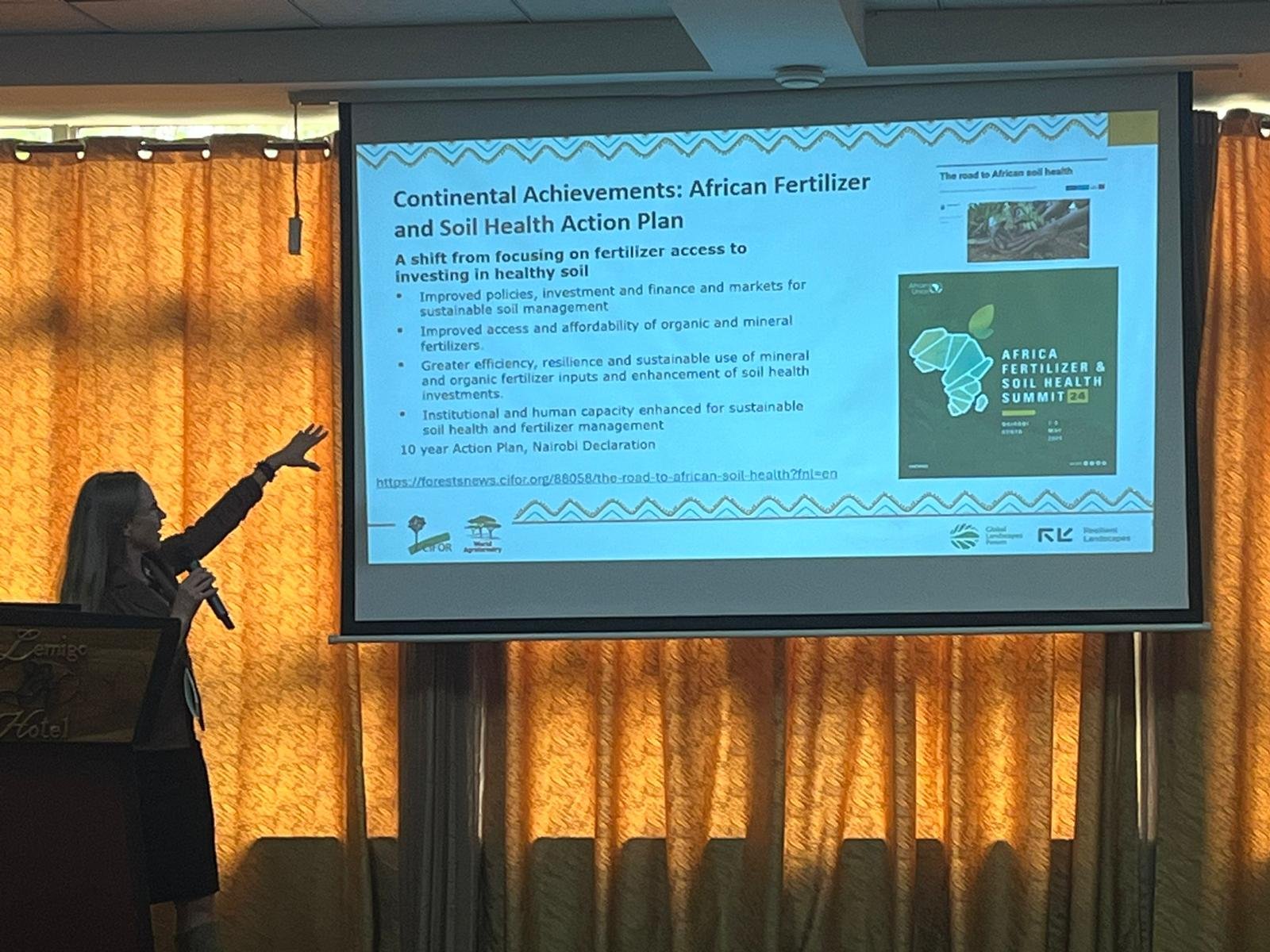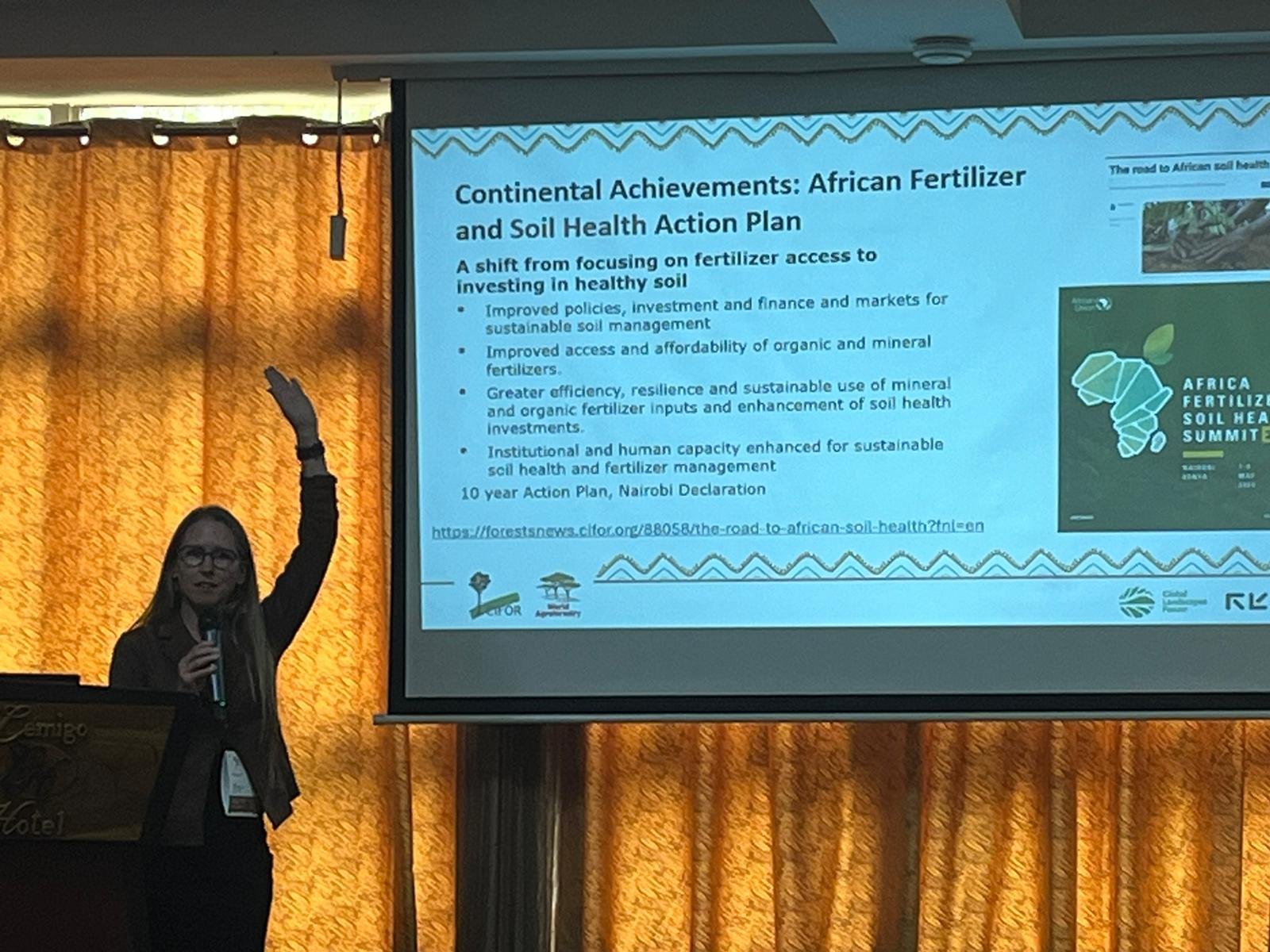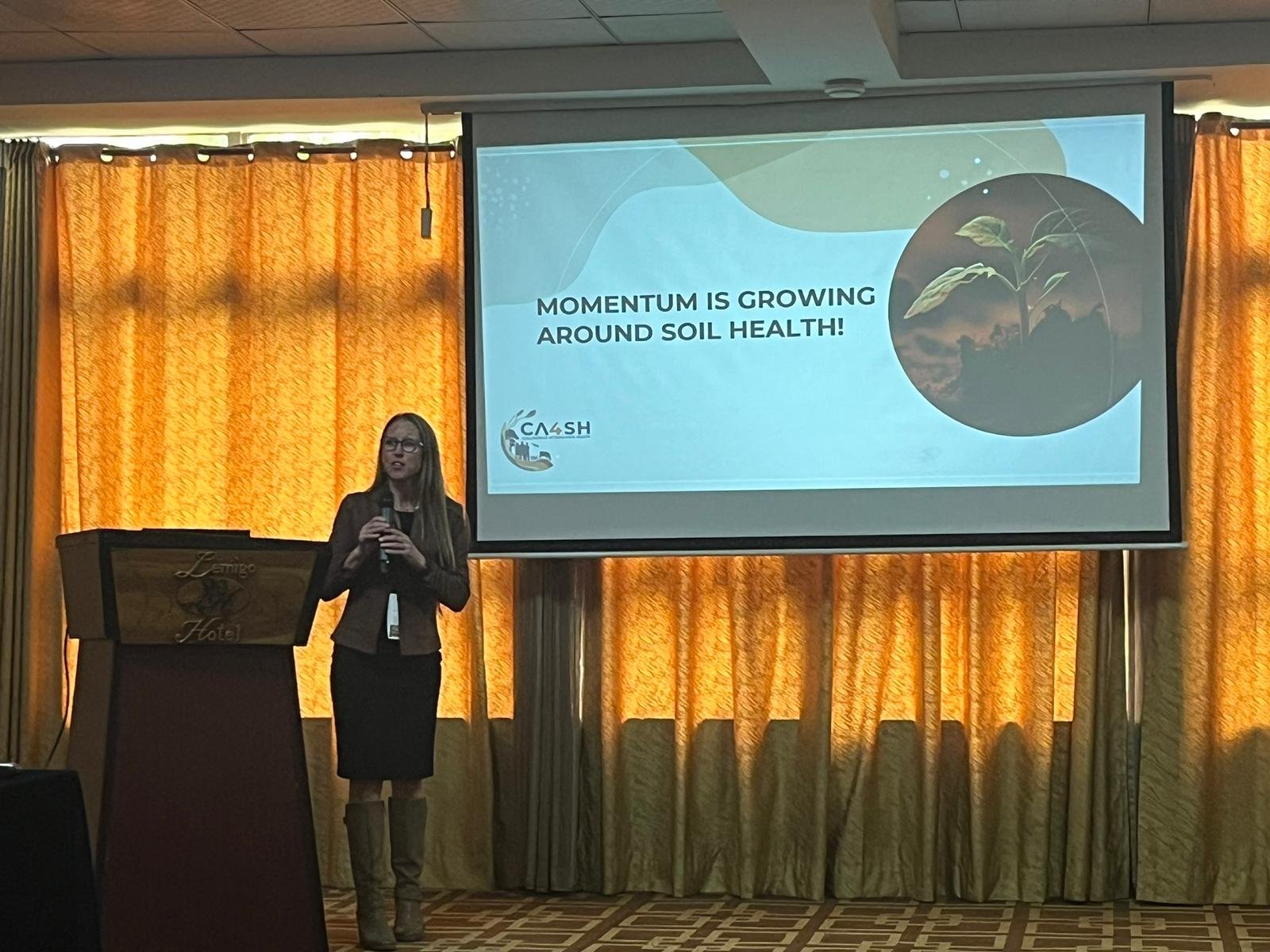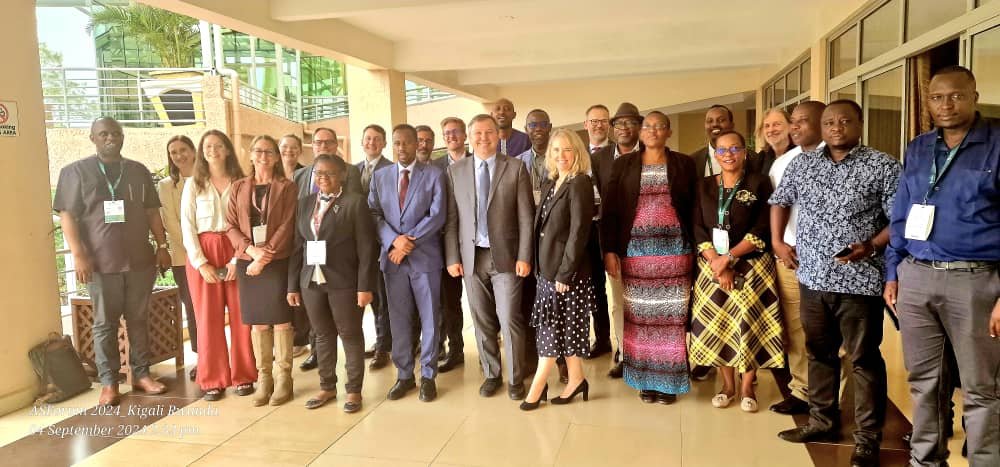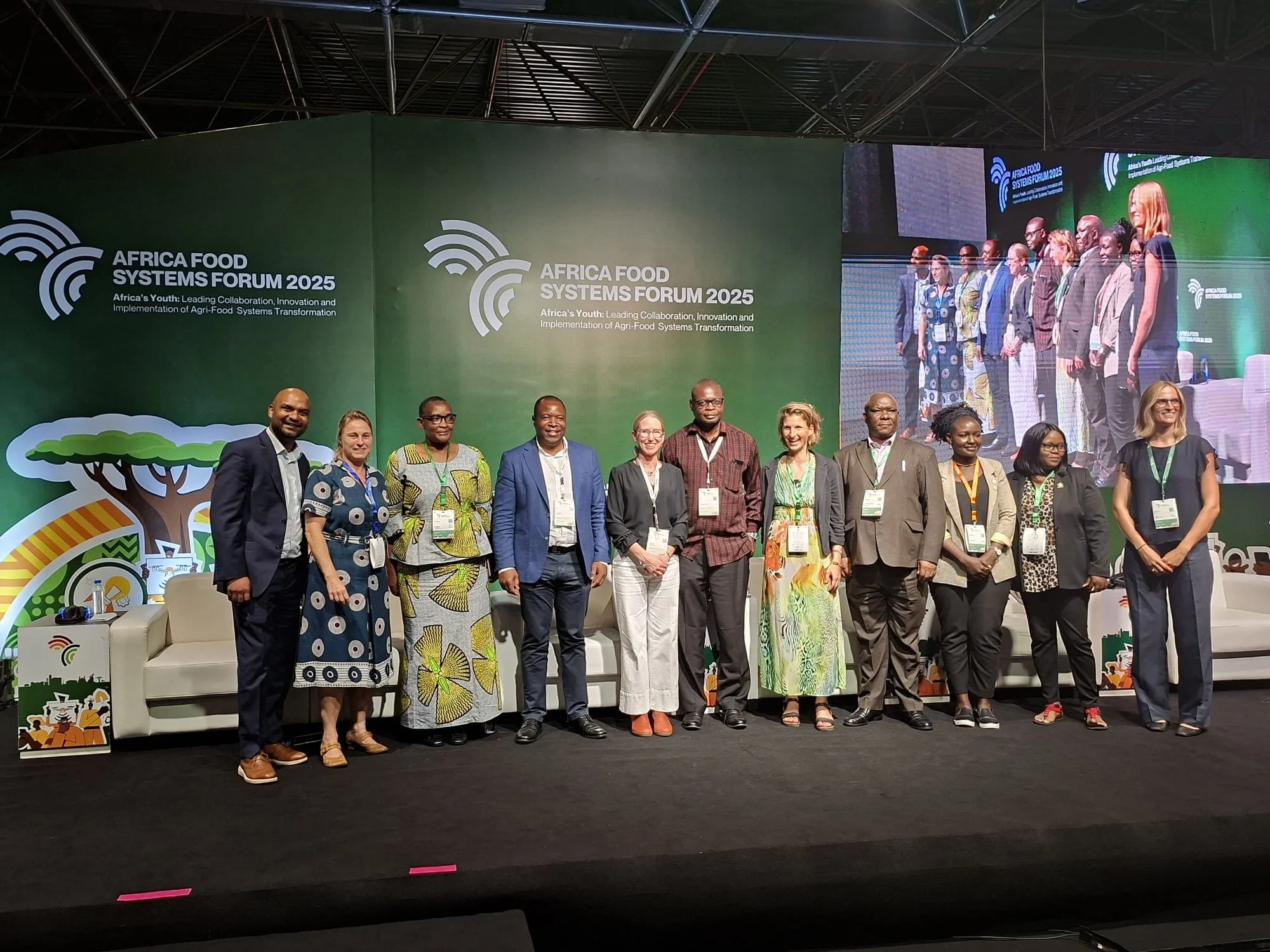CA4SH at AFS Forum 2024: The future of food systems lies beneath our feet
2-6 SEPTEMBER 2024: More than 3000 people from around the world attended the Africa Food Systems (AFS) Forum in Kigali, Rwanda to reflect on progress and a way forward for food security on the continent.
This year’s AFS forum marks an important point for looking toward the future of agriculture; we are one year away from the Malobo Declaration timeline which launched in 2014 to transform Africa’s agro-food systems for enhanced rural livelihoods and prosperity by 2025.
“After two decades of CAADP implementation, the continent has made enormous progress in economic and agricultural growth, improvement in poverty and nutrition outcomes, expansion of agricultural trade, and public investments in agriculture. Africa is in a remarkably better position than at the time of the Maputo declaration in 2003; average incomes, agricultural output and productivity, agricultural trade and agricultural investments are significantly higher, while hunger and poverty have declined.”
While substantial progress has been made toward achieving the goals of the Declaration, there is still work to be done. Notably, soil was not included in the Malobo Declaration. Coincidence?
As advocates for healthy soil ecosystems, the foundation of our food systems and the nutrients we need to thrive, CA4SH participated in several events at AFS. A recurring topic and priority was the implementation of recent mechanisms that emerged from the 2024 Africa Fertilizer and Soil Health Summit (AFSHS), namely the Nairobi Declaration on Africa Fertilizer and soil health summit, the African Fertilizer and Soil Health Action Plan (AFSH- Action Plan) 2023 – 2033, the Soil Initiative for Africa (SIA) and the joint statement by development partners. Only through multistakeholder collaboration can we achieve food and nutrition security for Africa, and successfully achieve the objectives of the AFSH Action Plan. At the AFS Forum, it was clear that soil health is getting its due attention as a unifier to make it happen.
Africa's population is projected to double by 2050, and feeding the continent is going to take serious action - and fast. CA4SH is committed to bringing stakeholders together toward achieving the common goal of scaling soil health for food and nutrition security, ecosystem restoration, biodiversity and climate action. At the AFS Forum, we underscored the role of finance and the private sector in driving this agenda.
Investing in soil health and land restoration can increase crop yields by 6-10% and slow biodiversity loss by 11% by 2050
There are many innovative financing solutions and policy mechanisms in place that are based on partnerships and putting farmers first in practice today by CA4SH partners. Actioning healthy soil practices requires funding, but also calls for digital tools and innovative practices for soil health monitoring to ensure specific contexts are met with their specific needs. The Land Degradation Surveillance Framework from CIFOR-ICRAF is one such tool, and CA4SH is working on scaling the application of the tool, and access to real-time and accessible data for all, with a focus on women and youth farmers.
We’ve come a long way toward food and nutrition security on the continent, but there is still a way to go to scale soil health across Africa and the Globe.
Key Messages
Soil is a unifier across sectors and actors: We need to broaden the scope of soil health to include climate action, biodiversity, water regulation, ecosystem restoration, and nutritious food
We need collective and committed action to realize the AFSH Action Plan
Farmers, pastoralists, and land managers are stewards of the soil: We must align policy, finance and practice to support them in adopting healthy soil practices
Gallery
